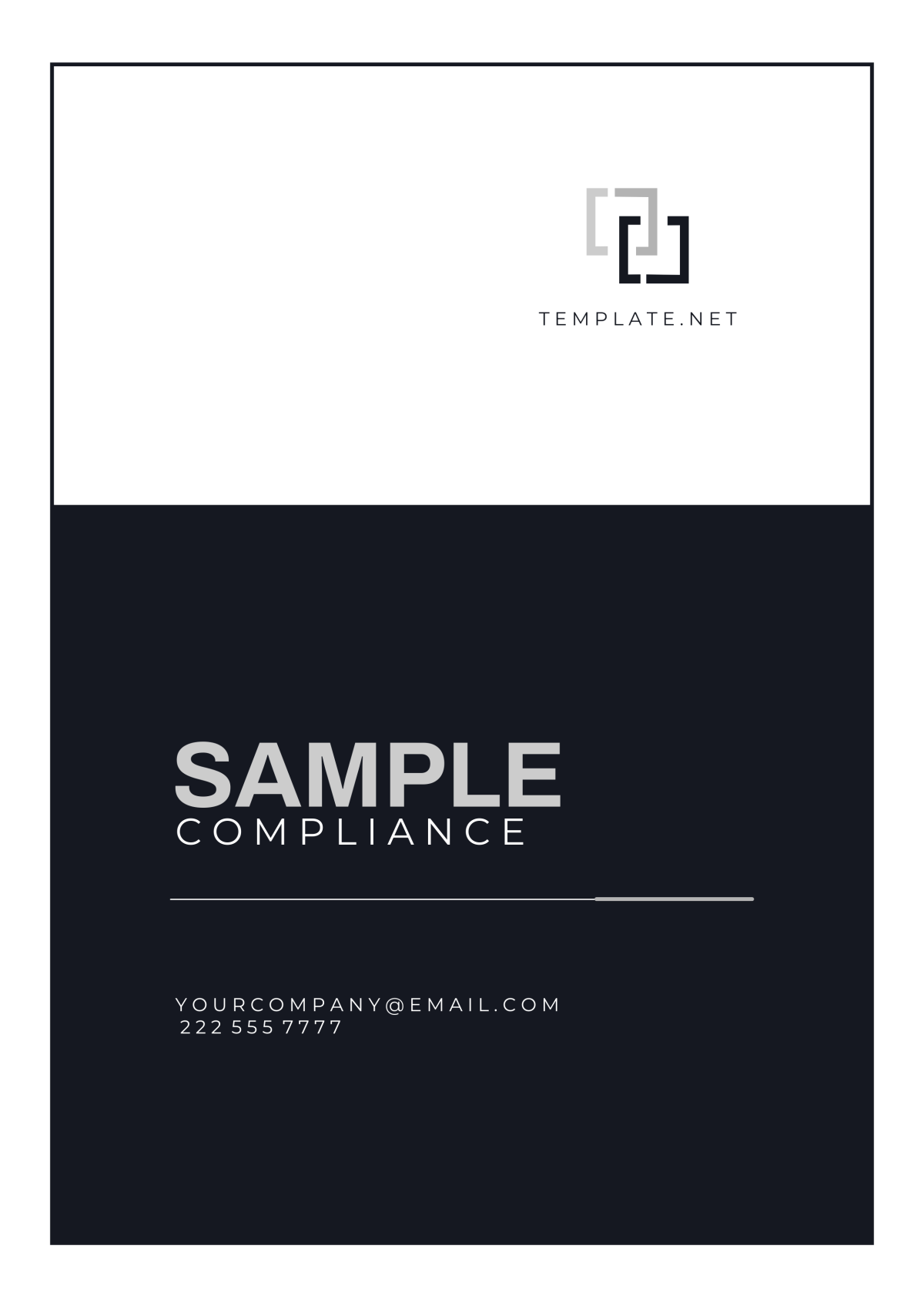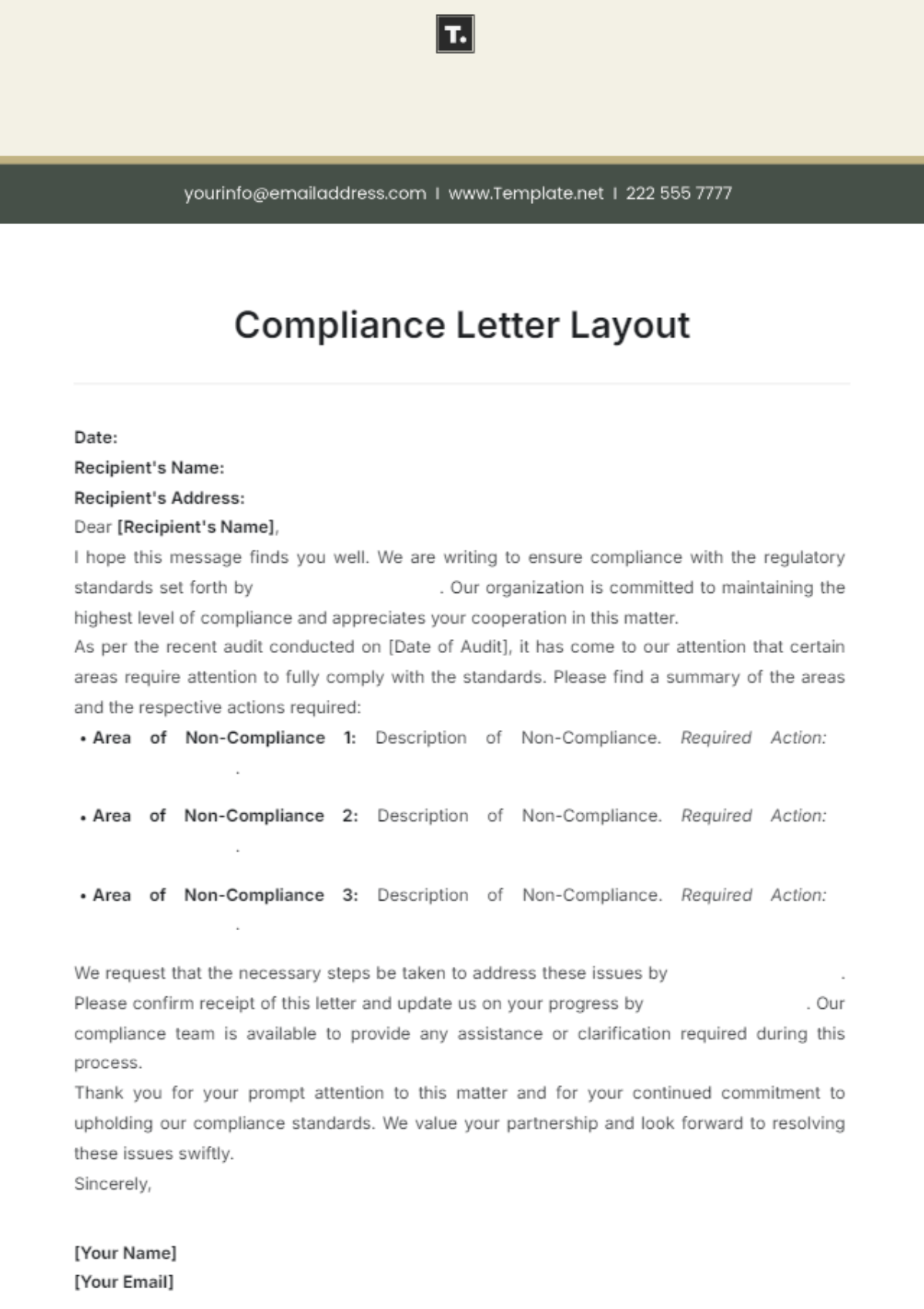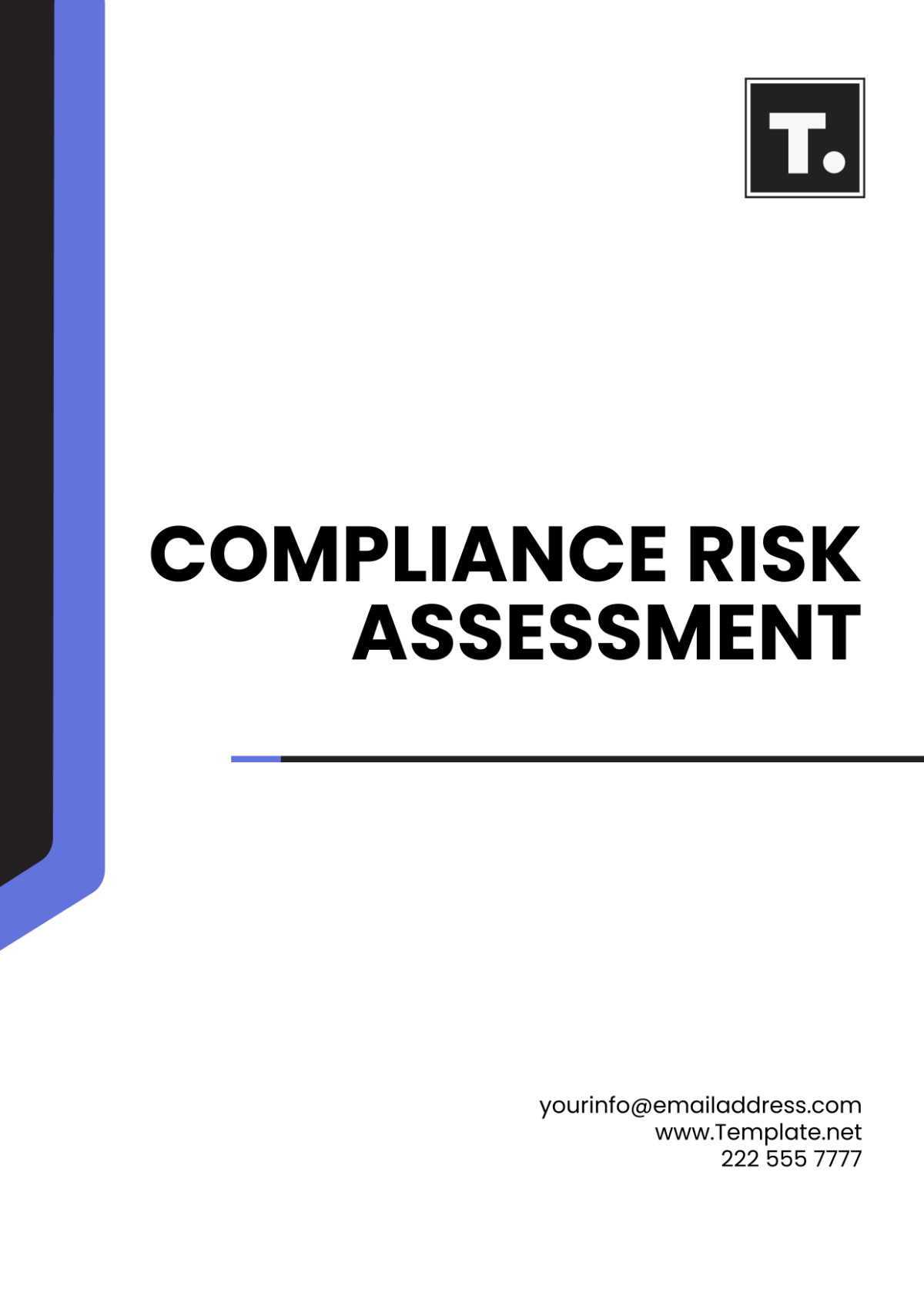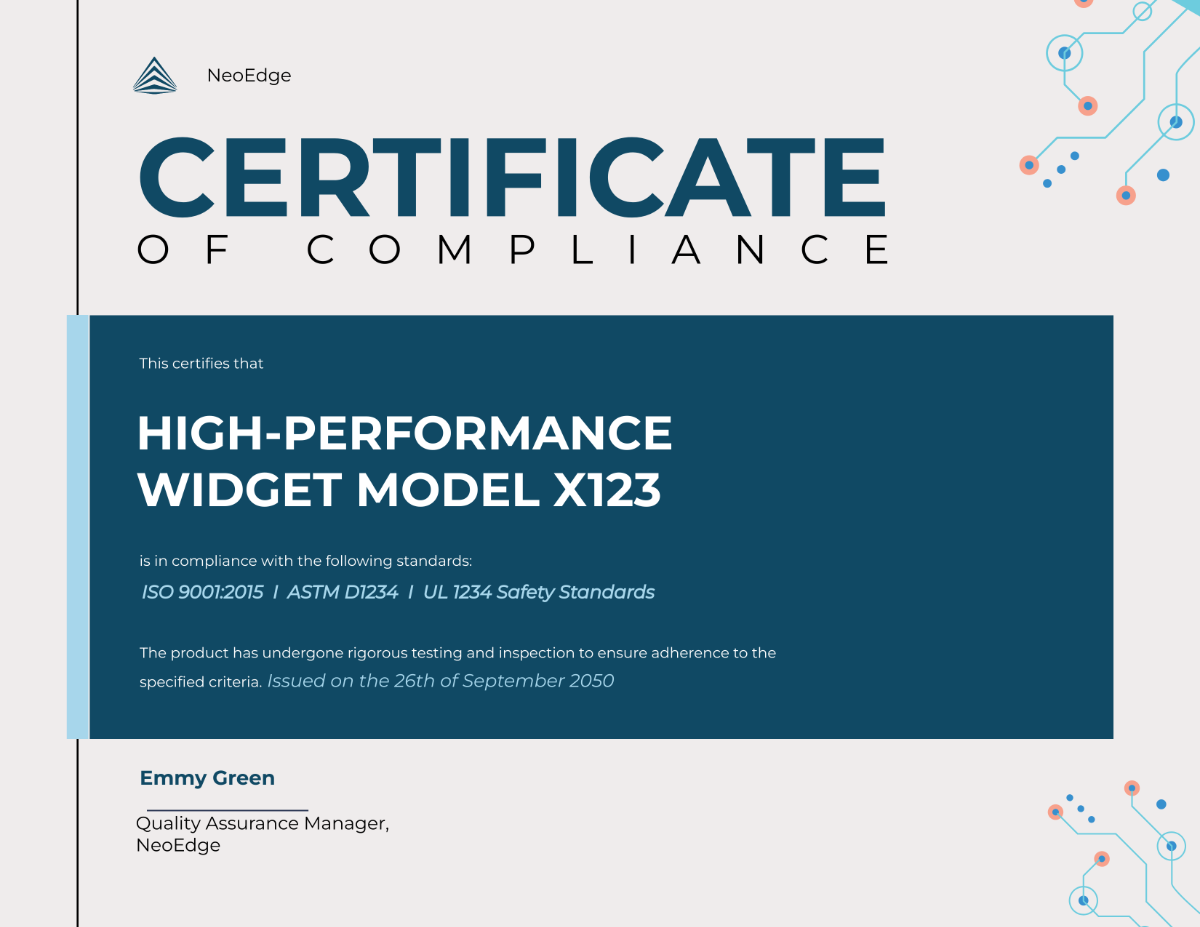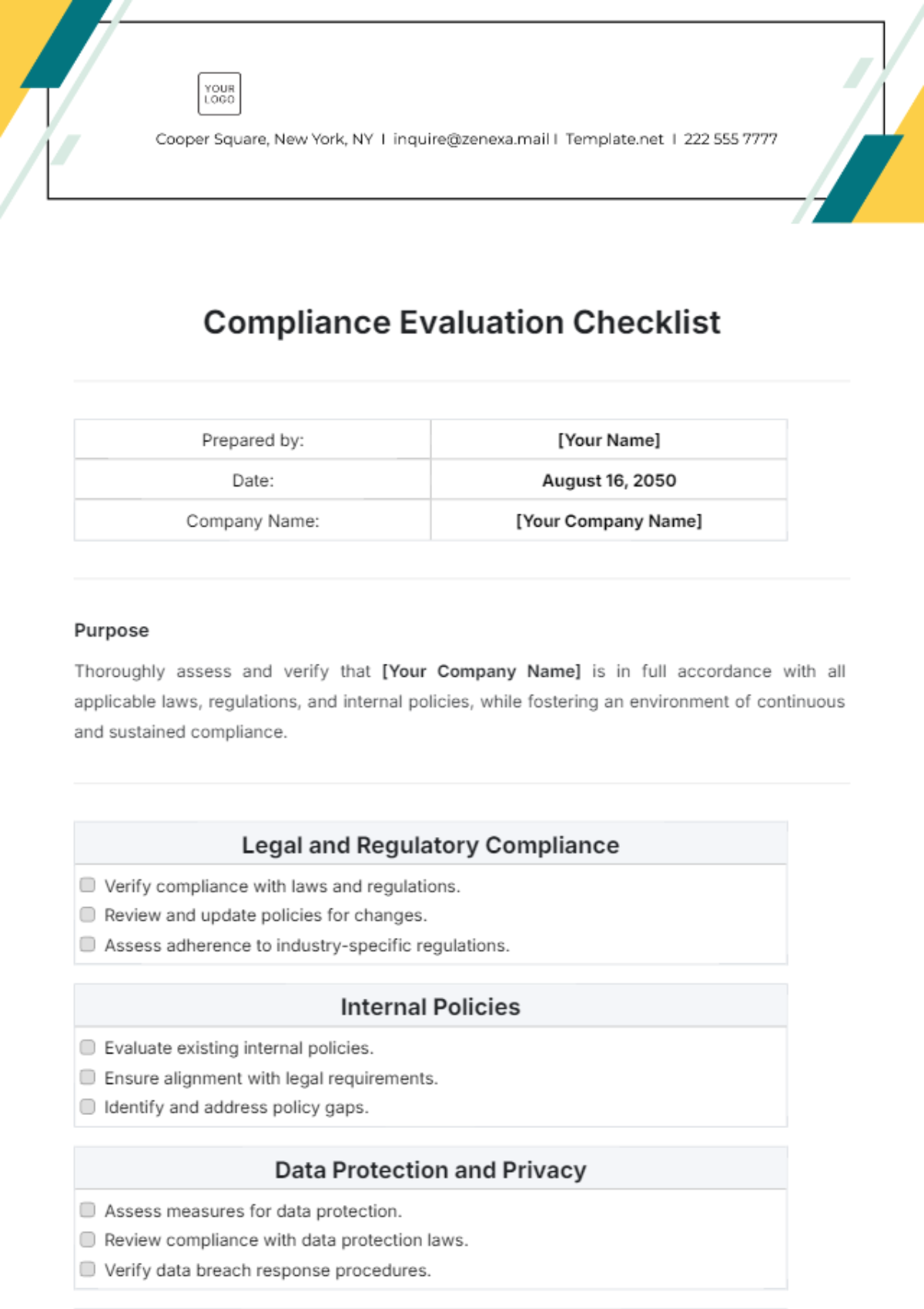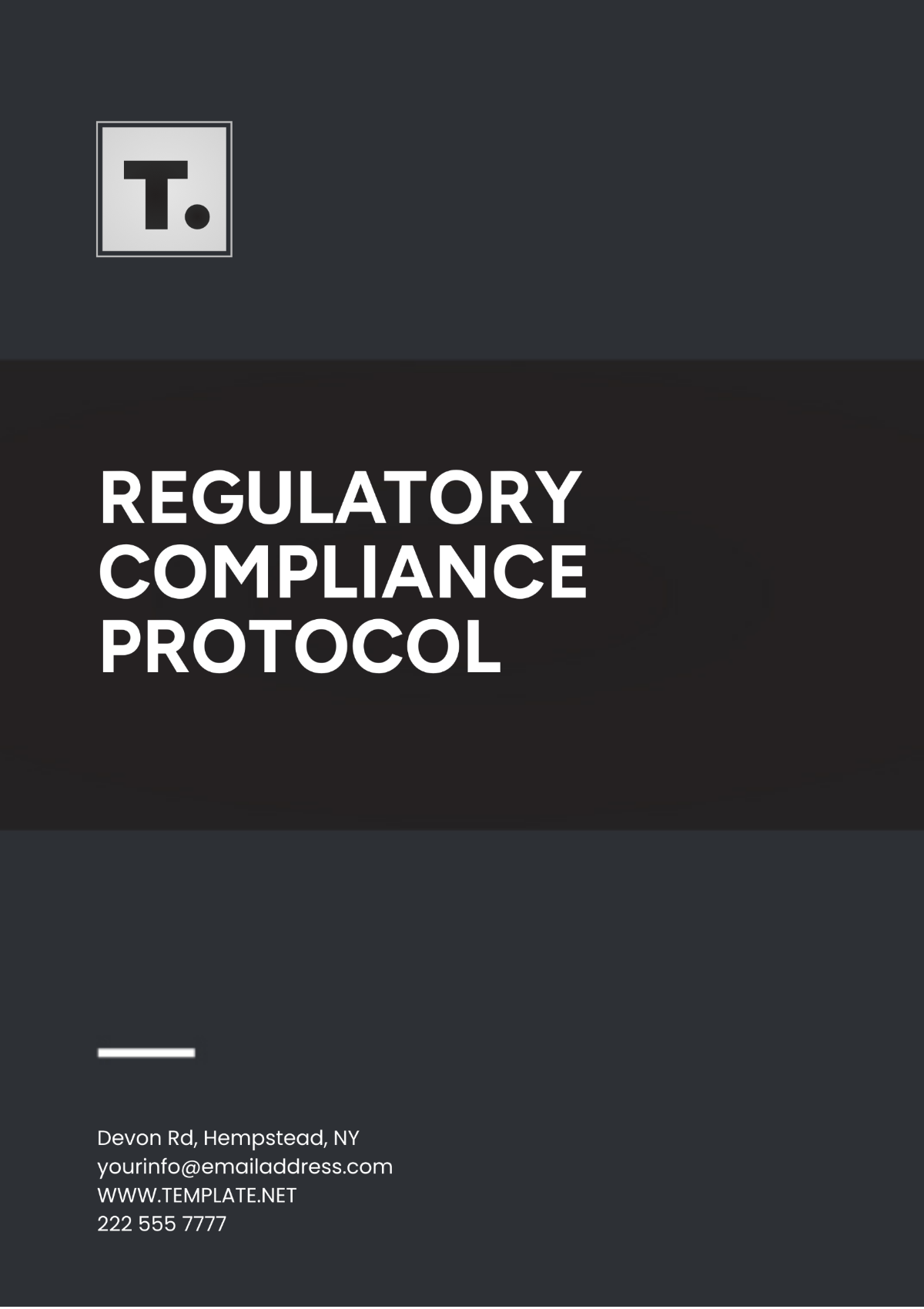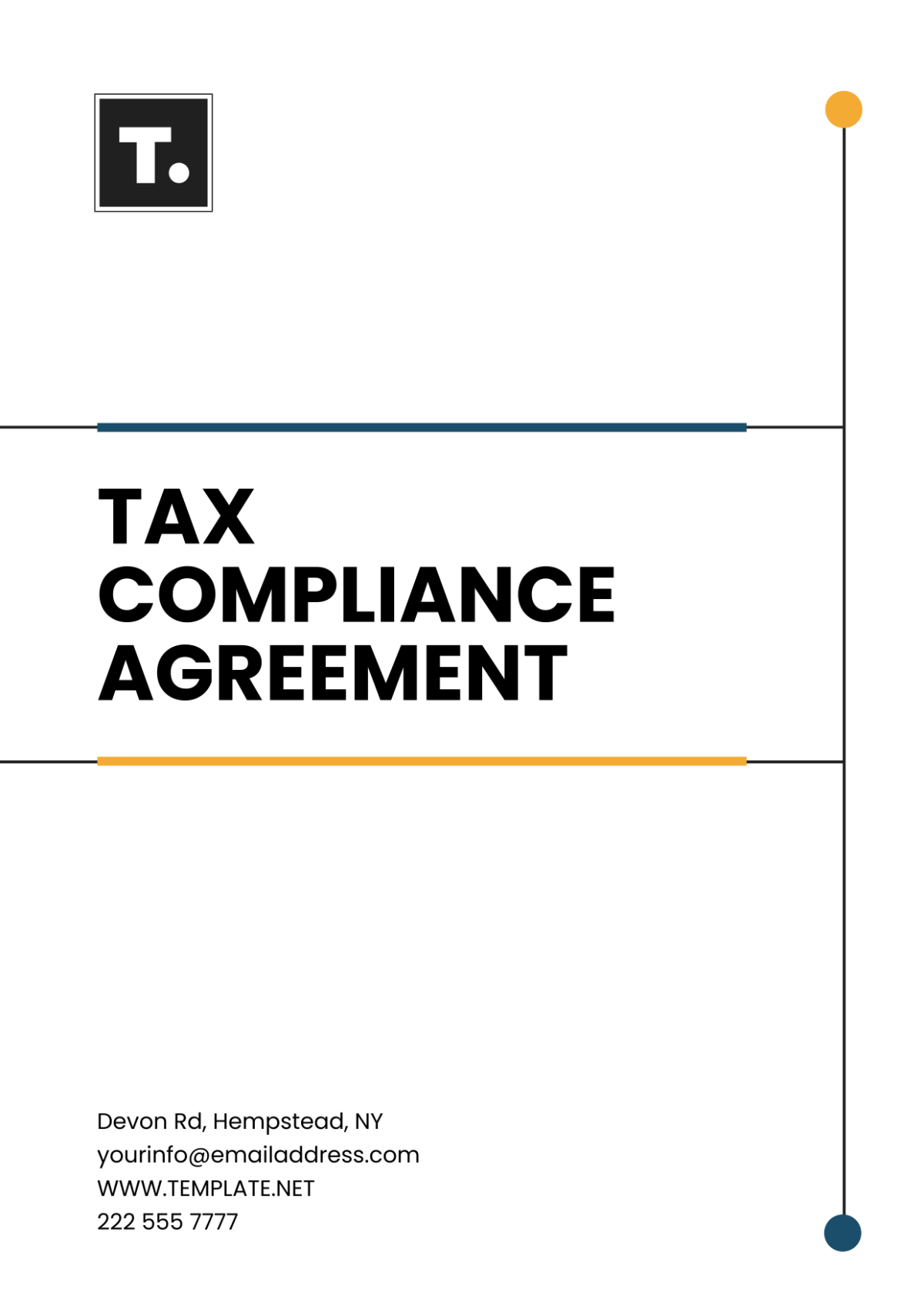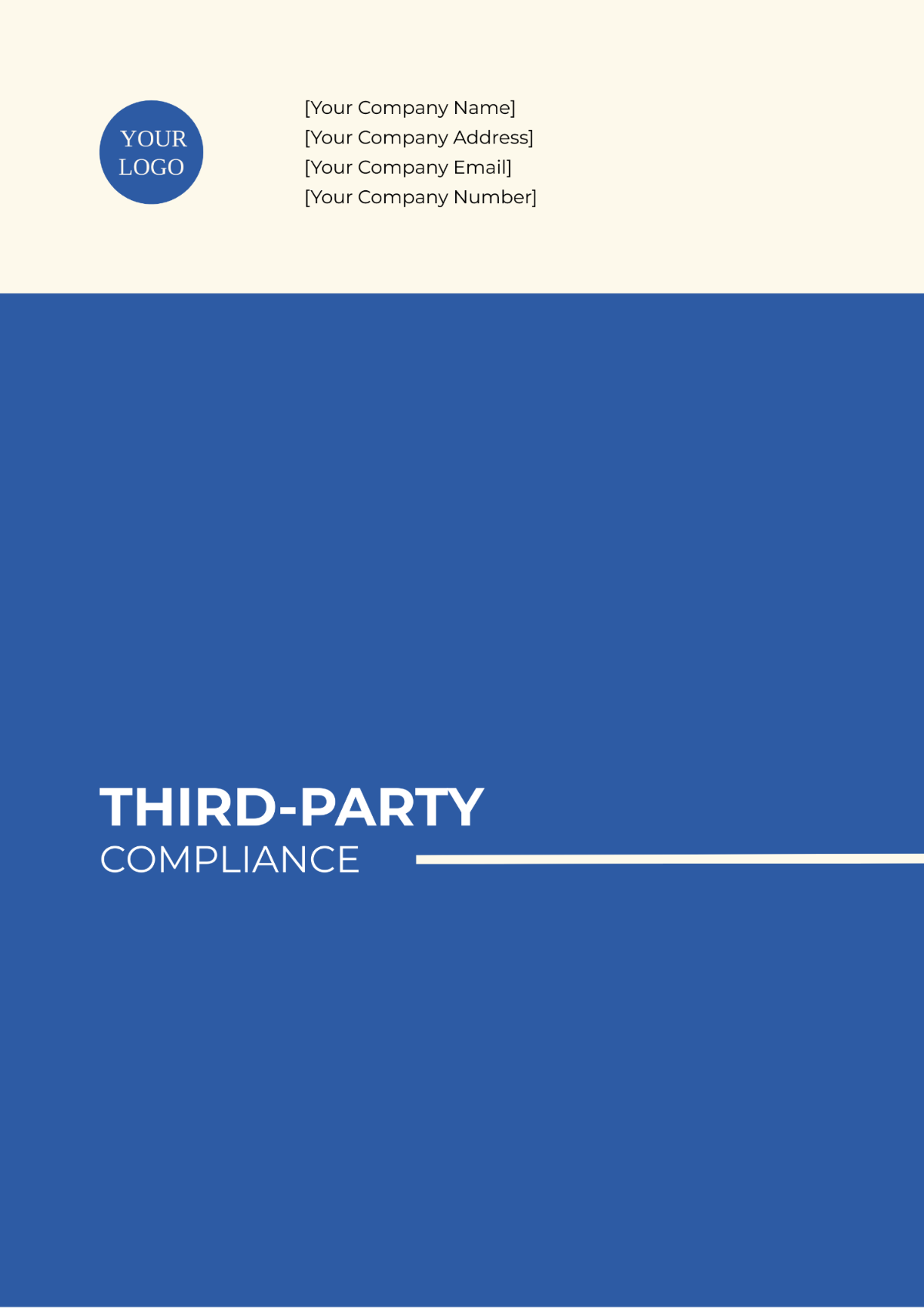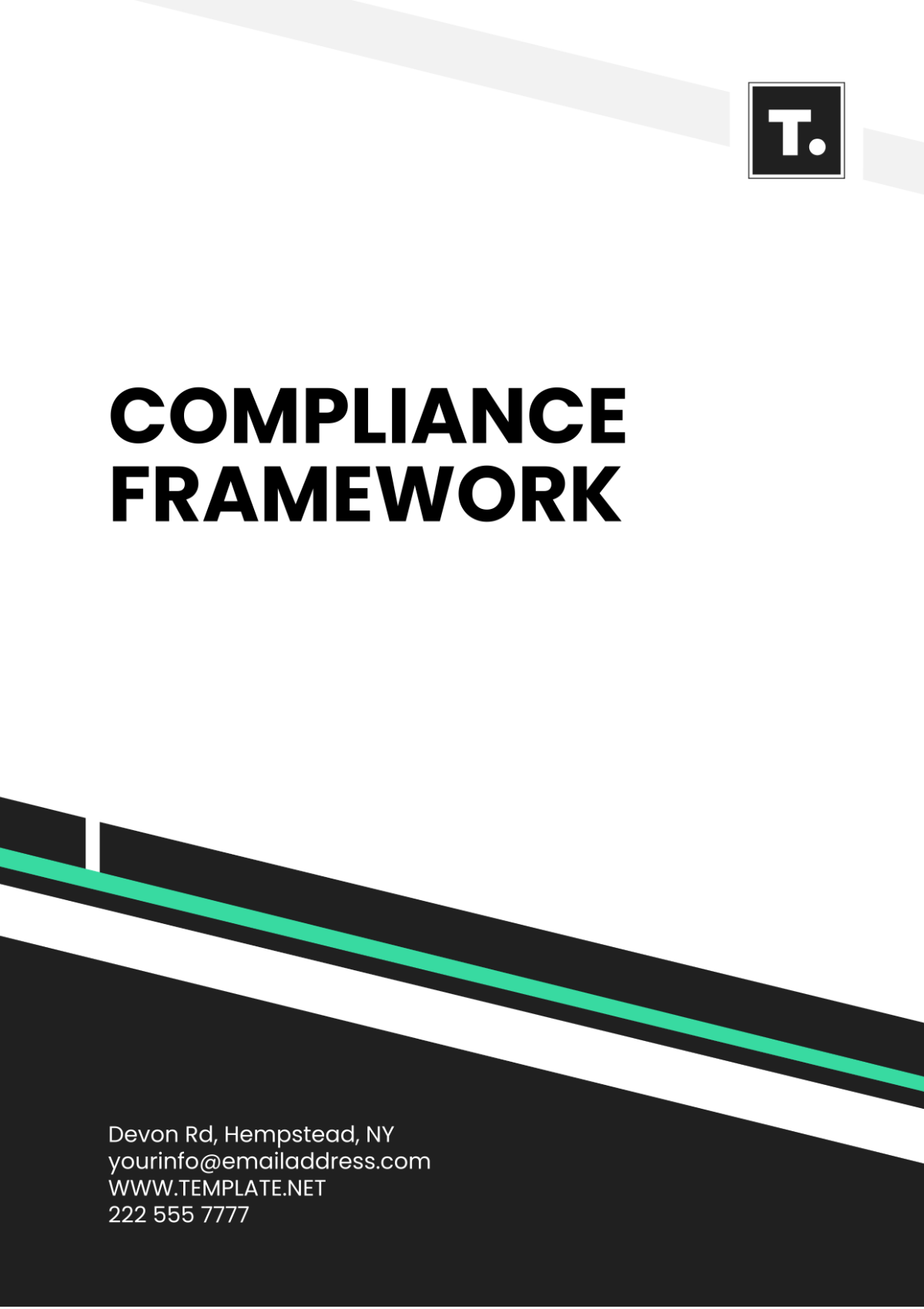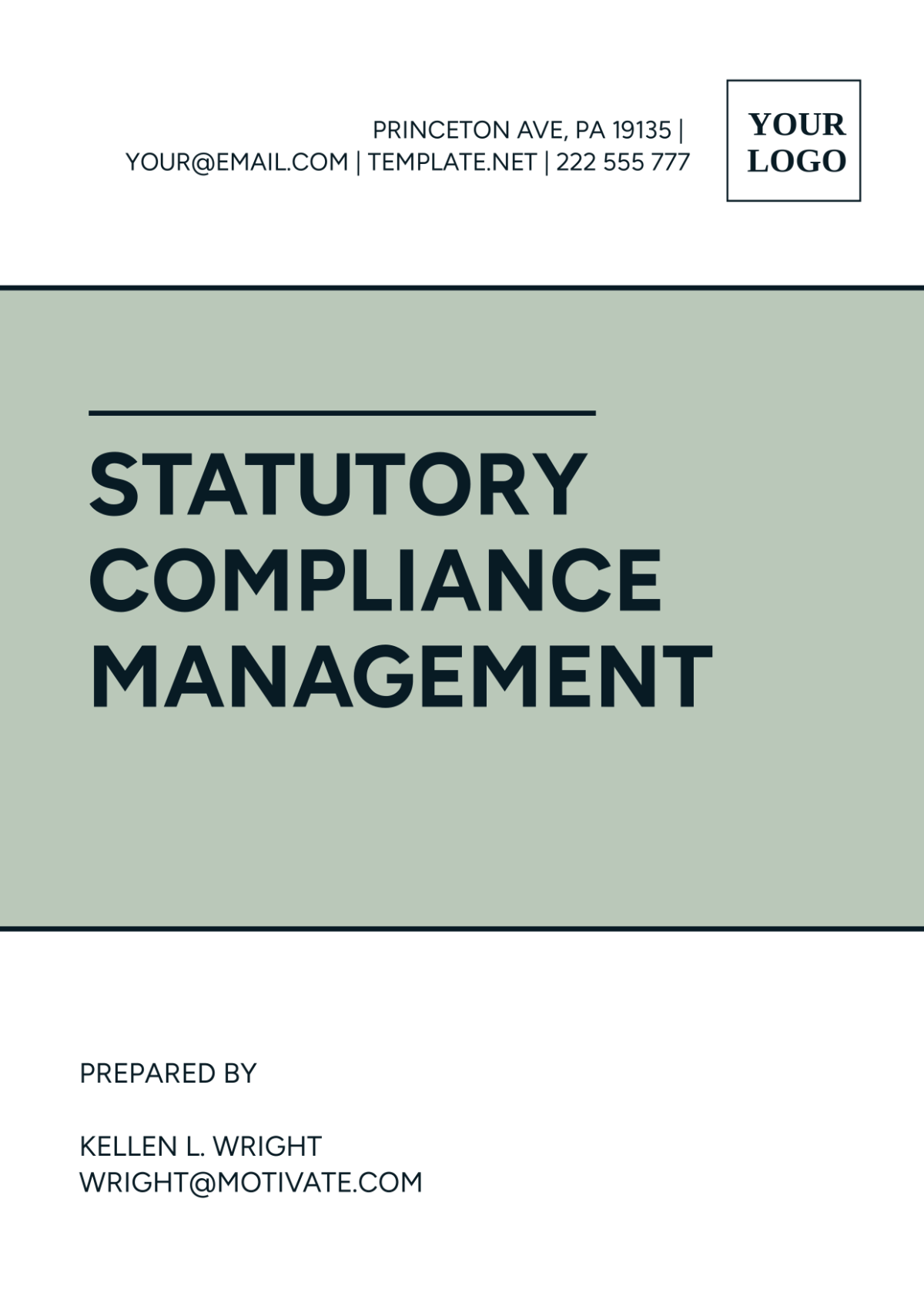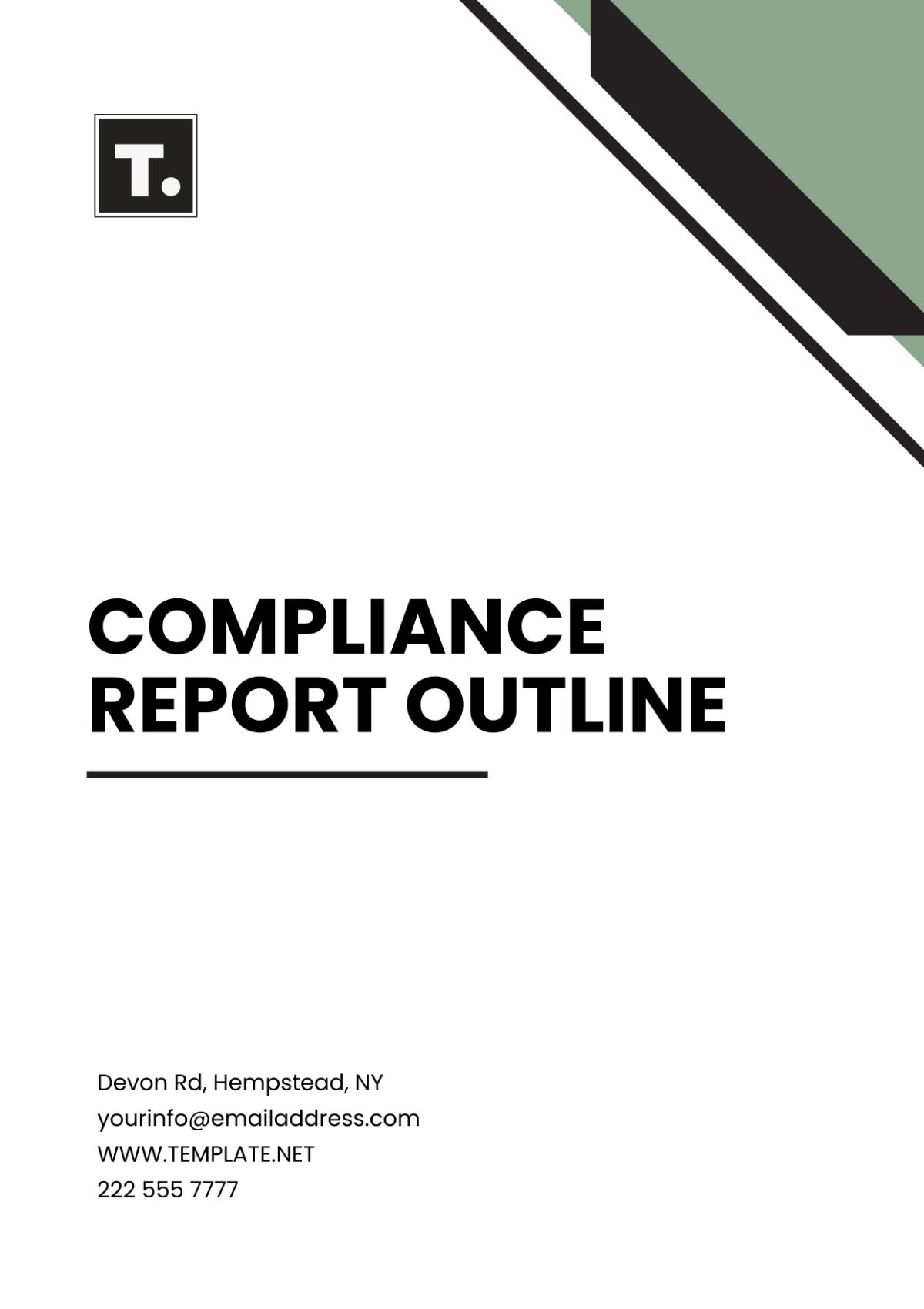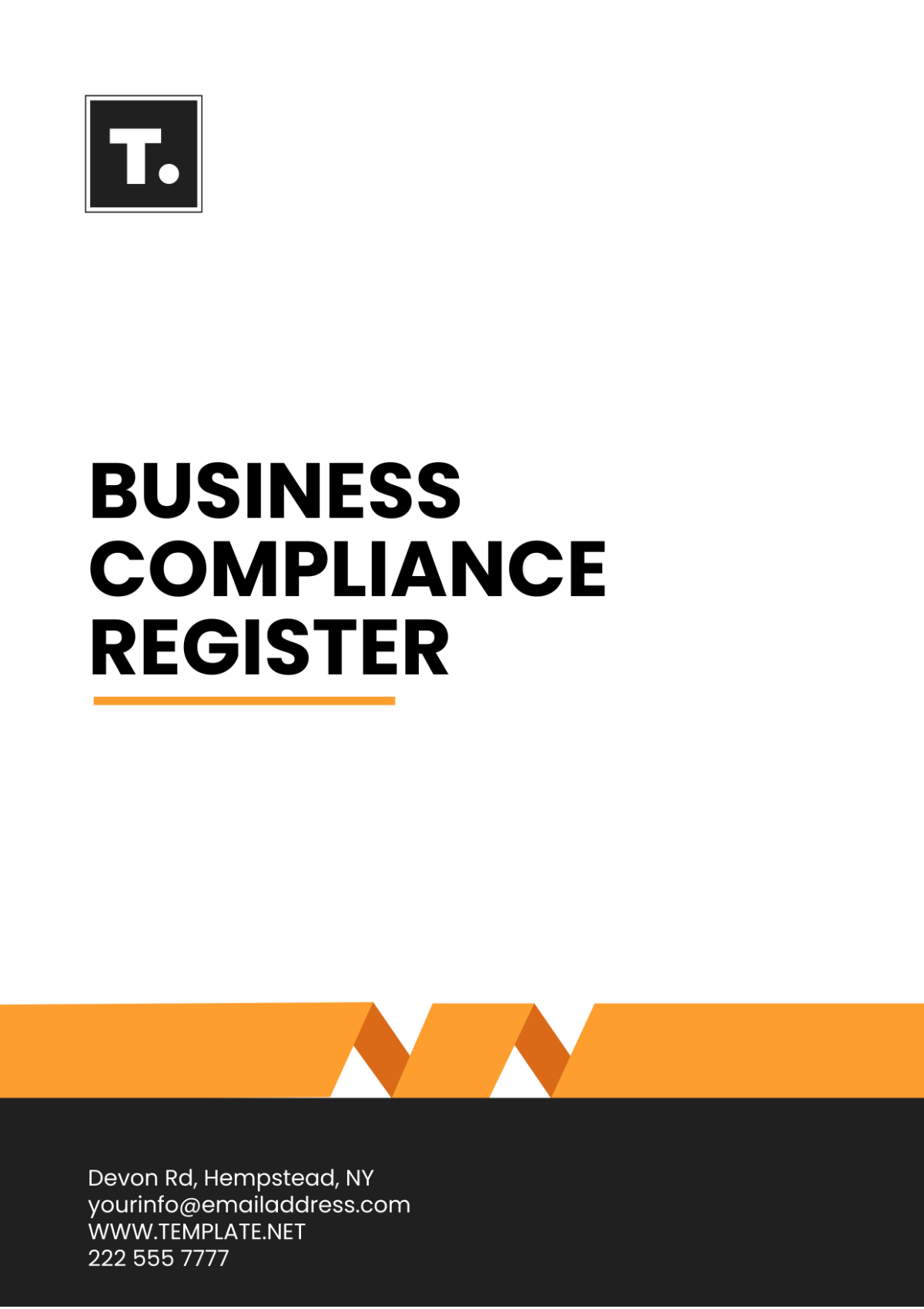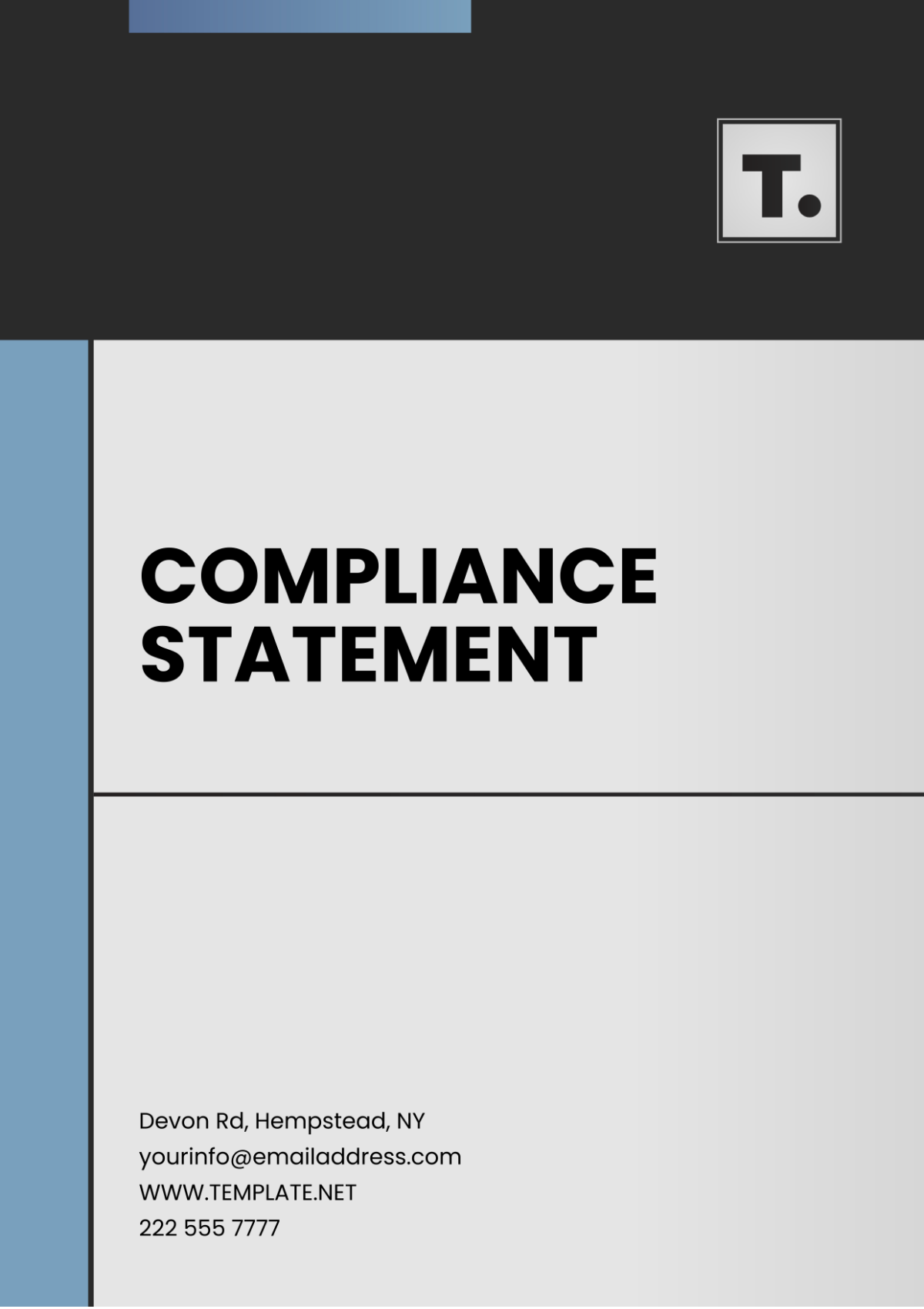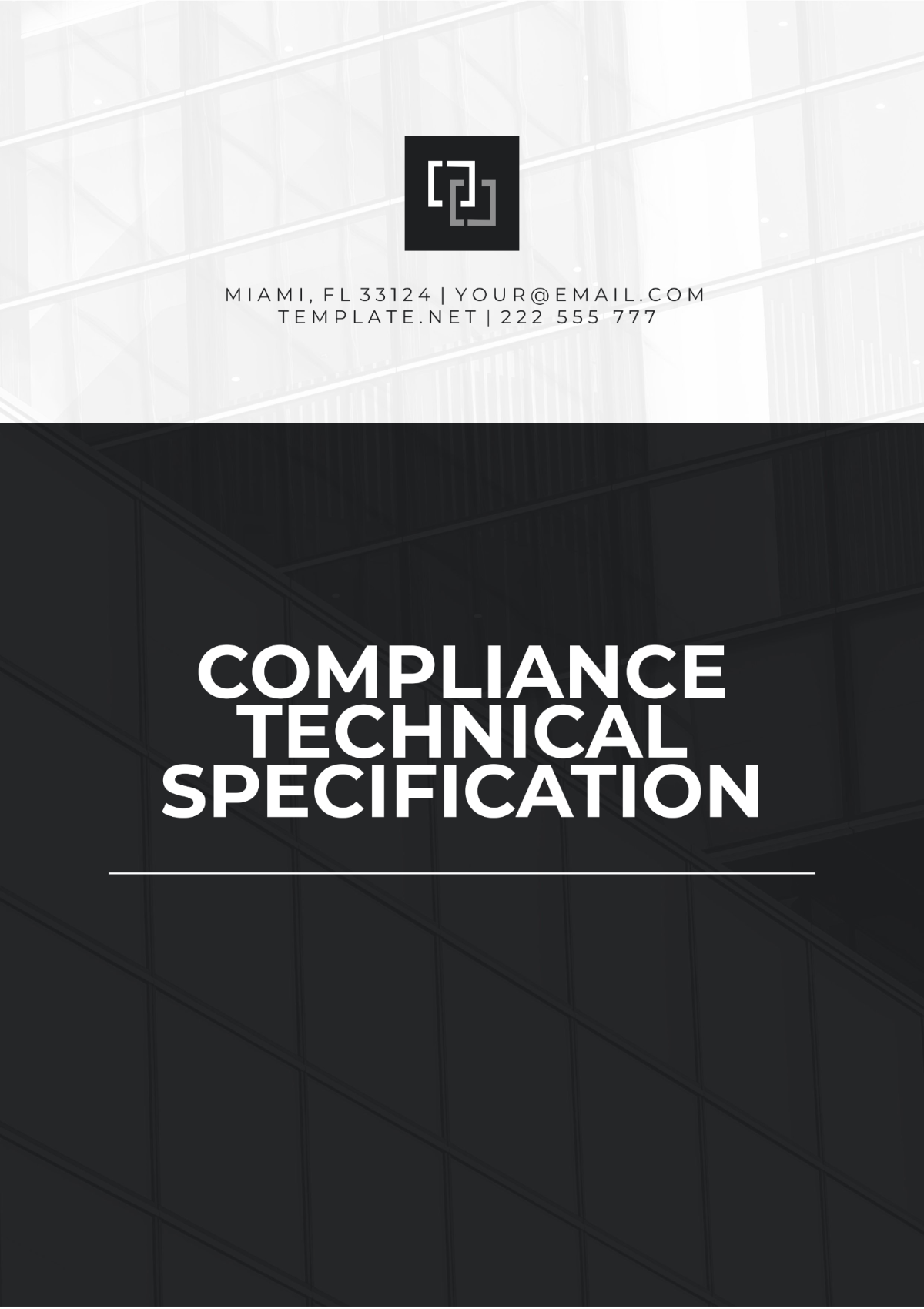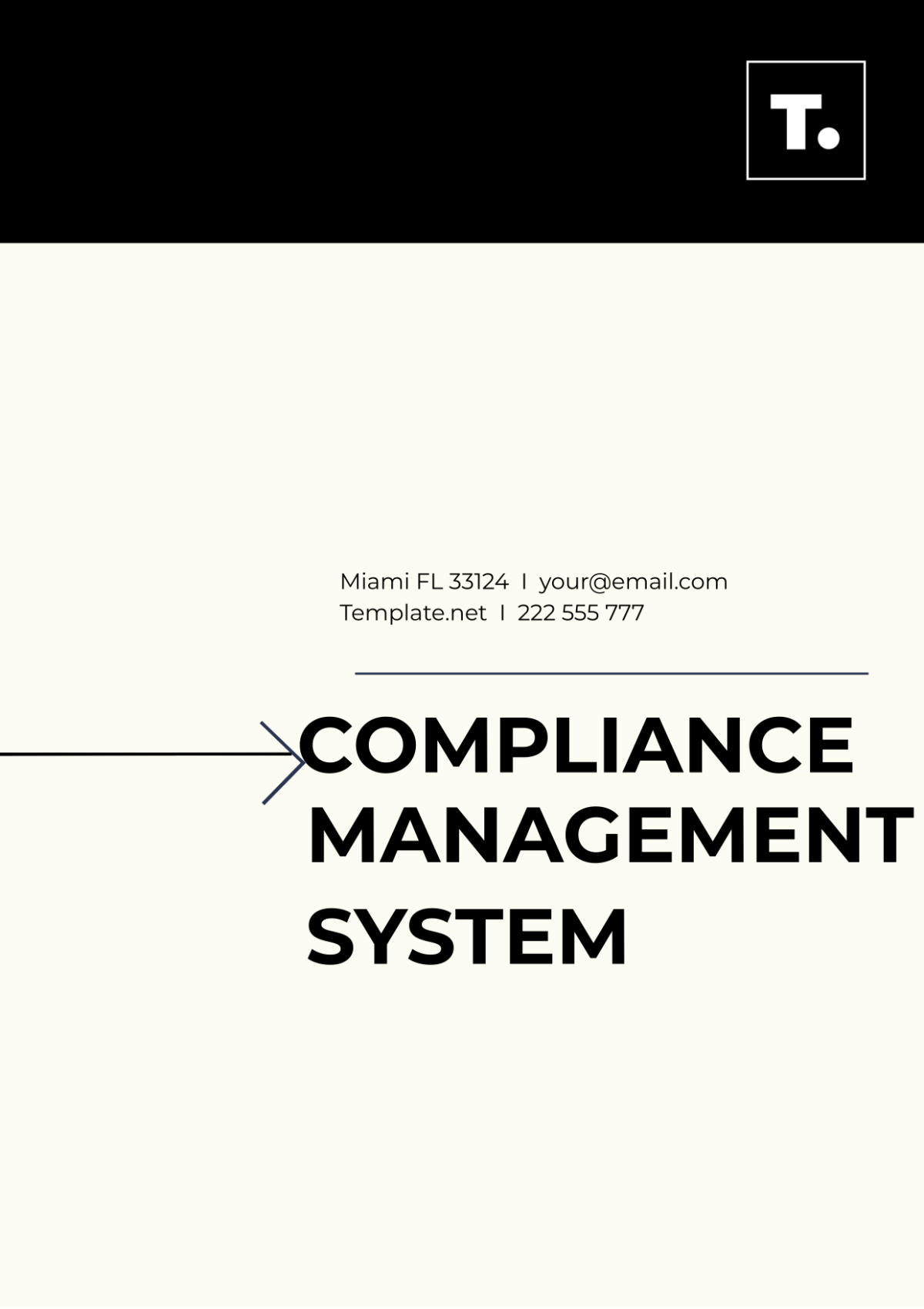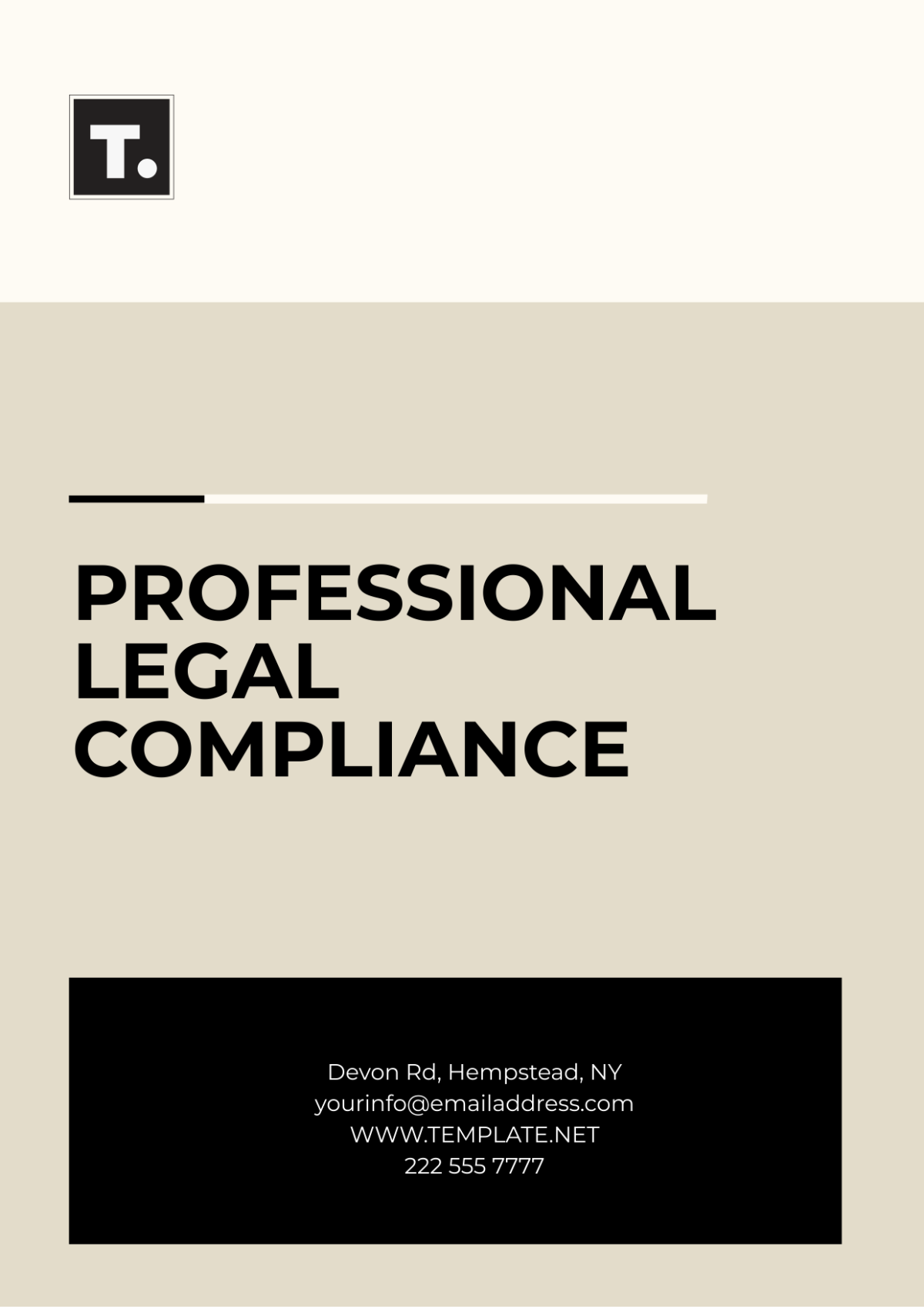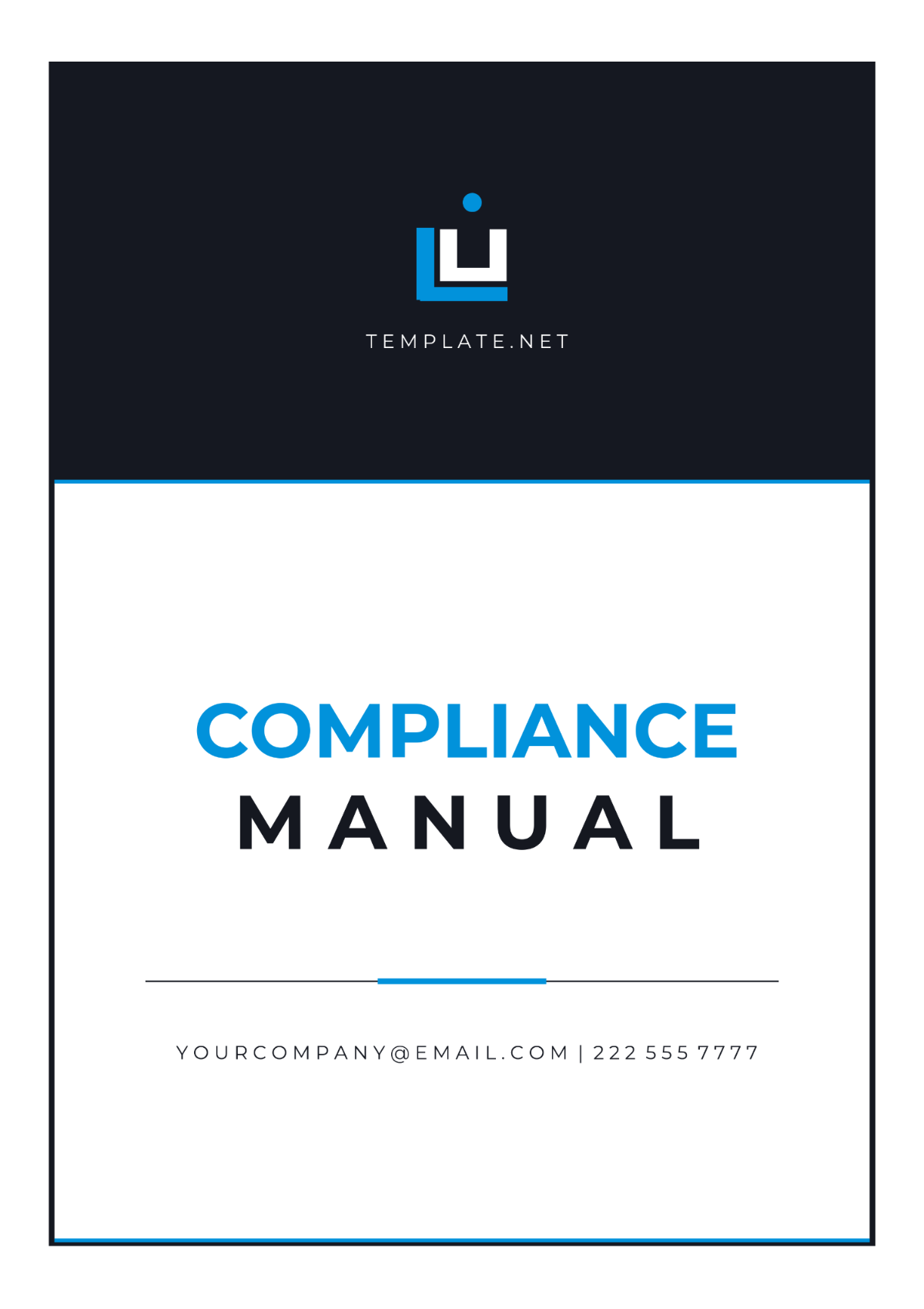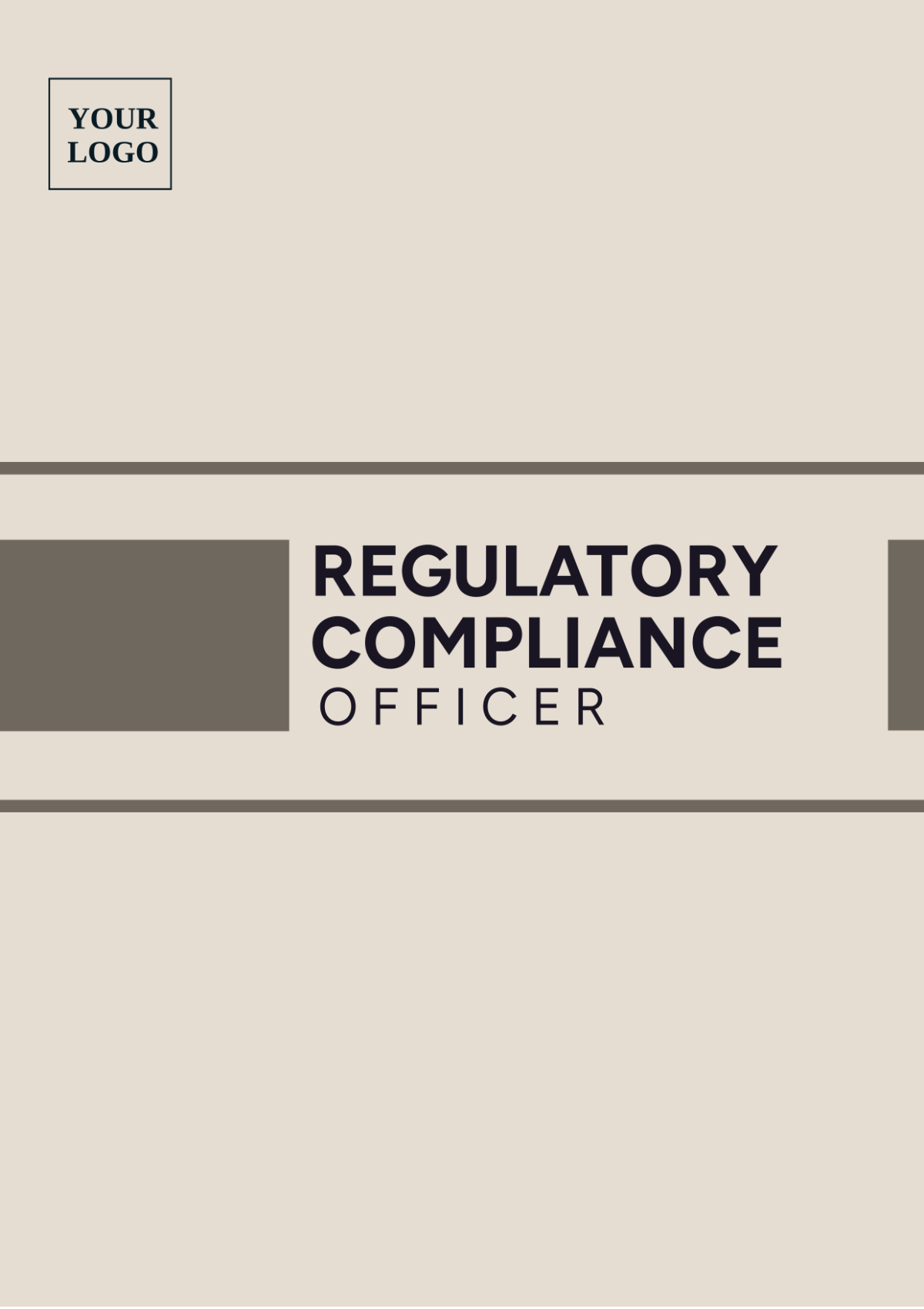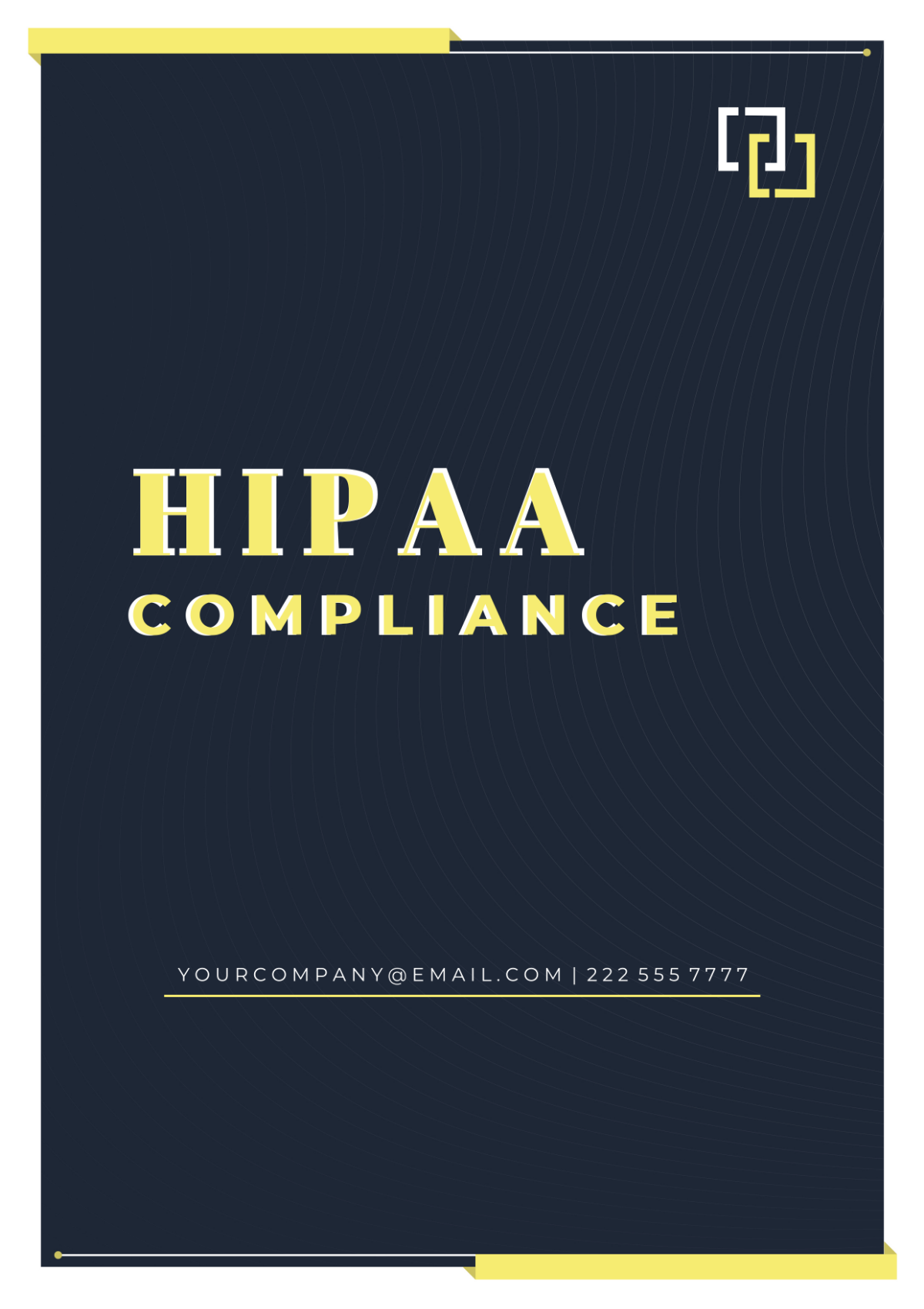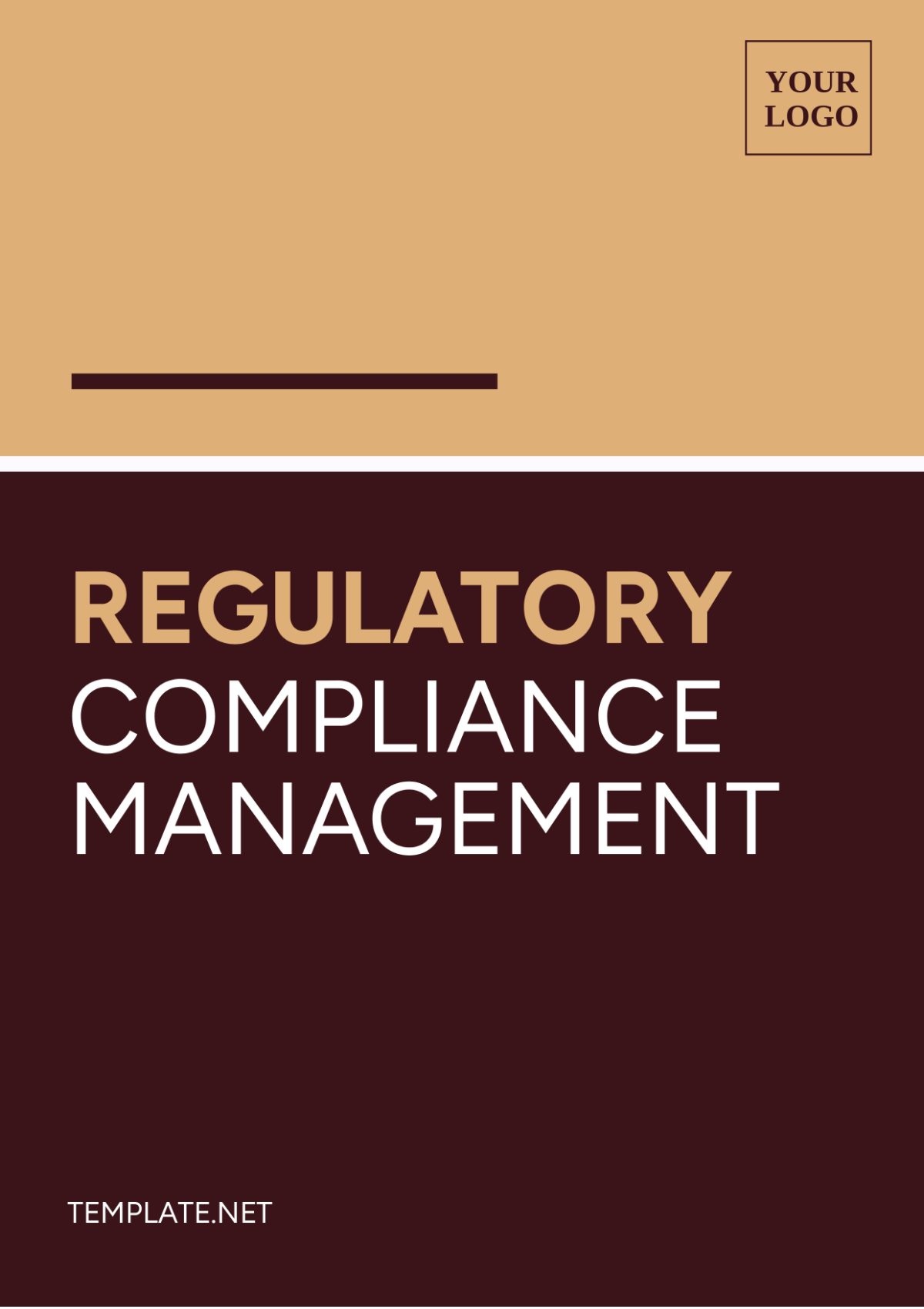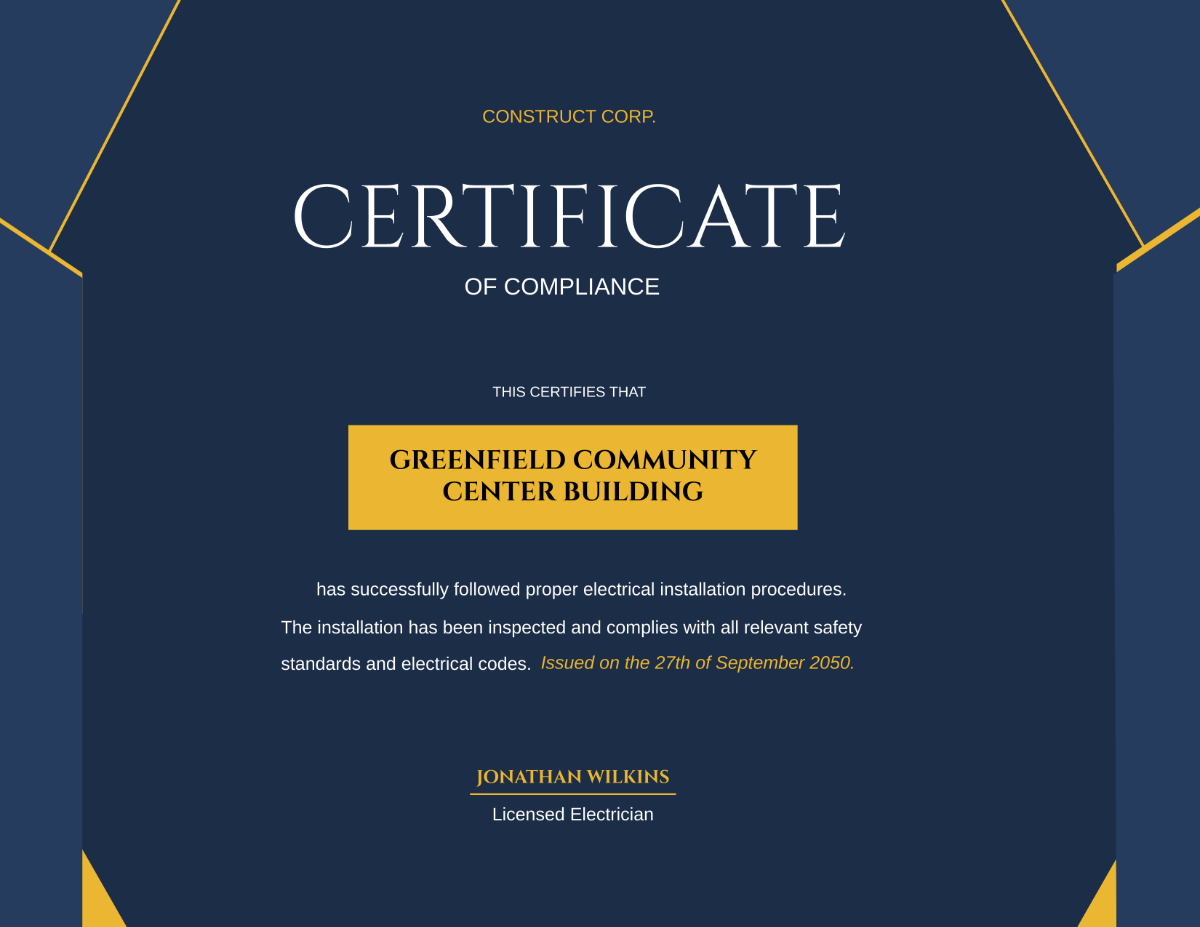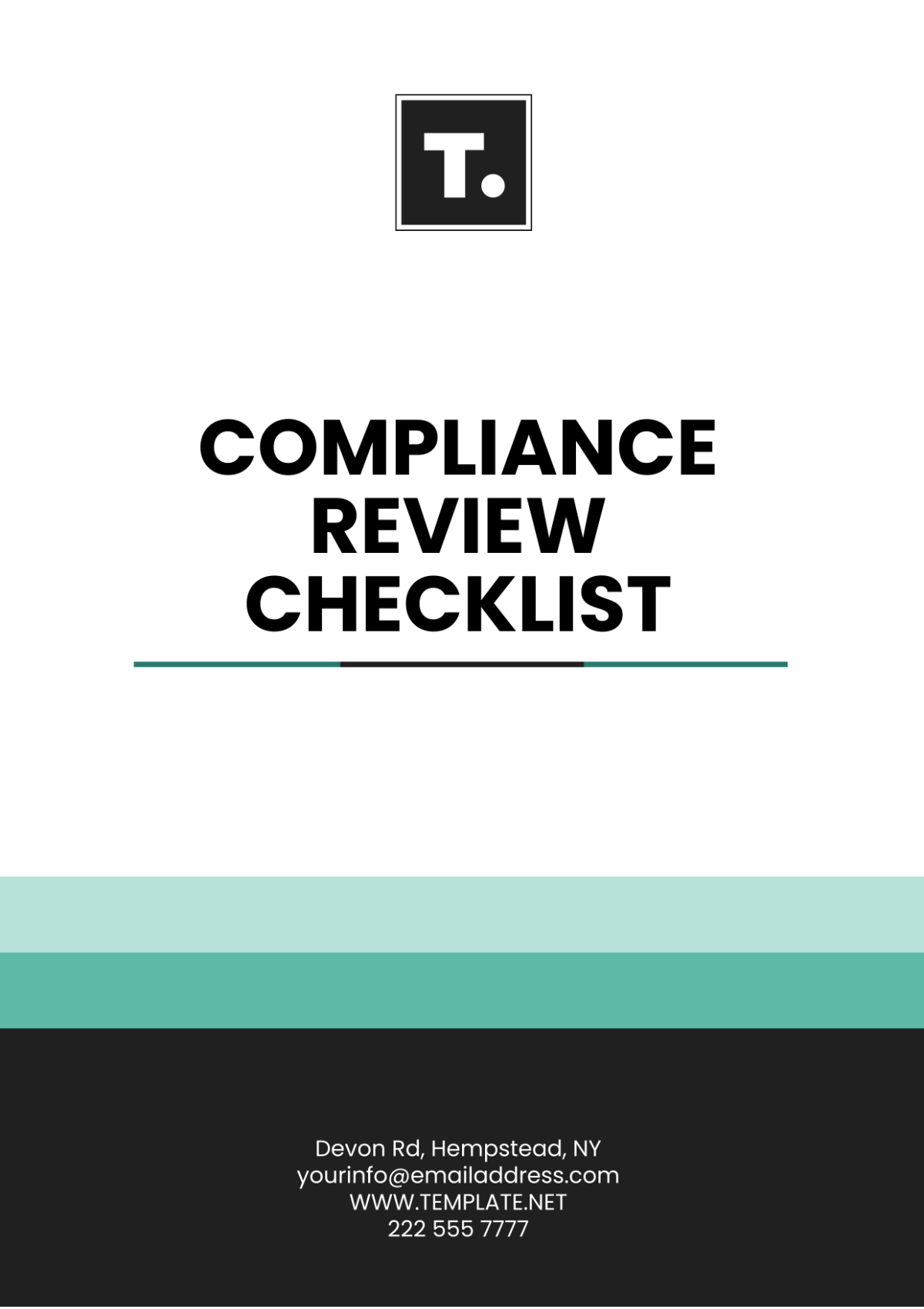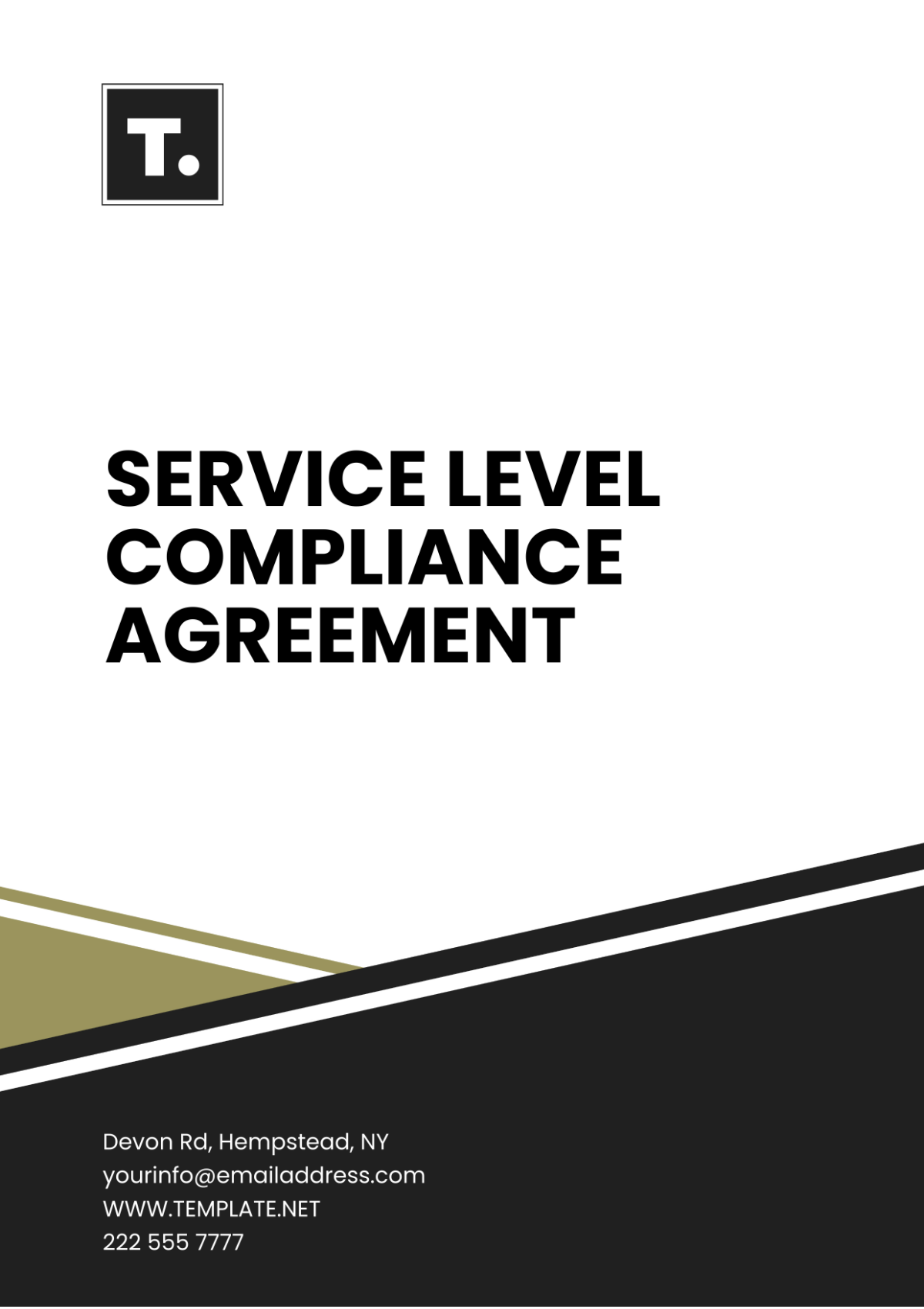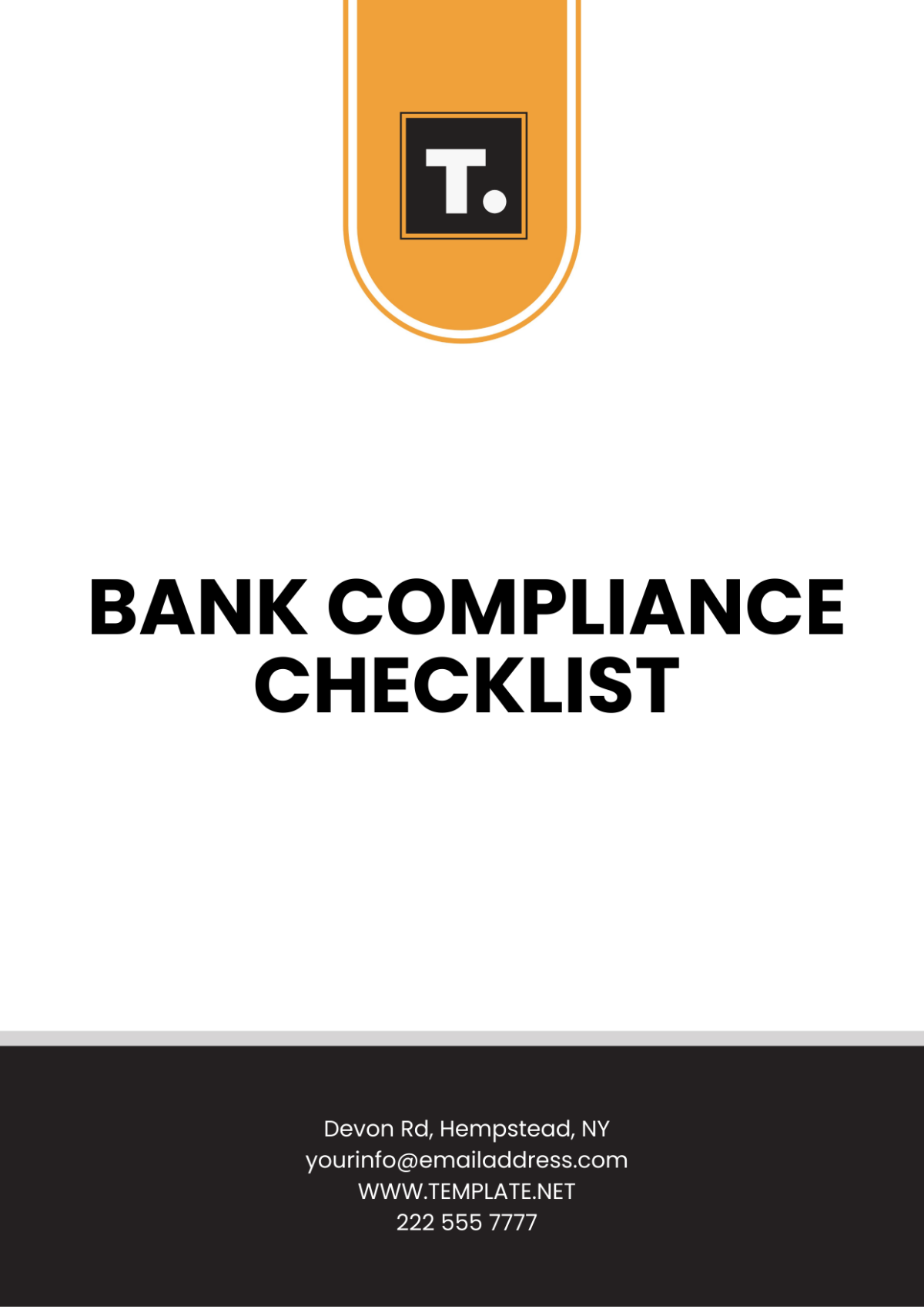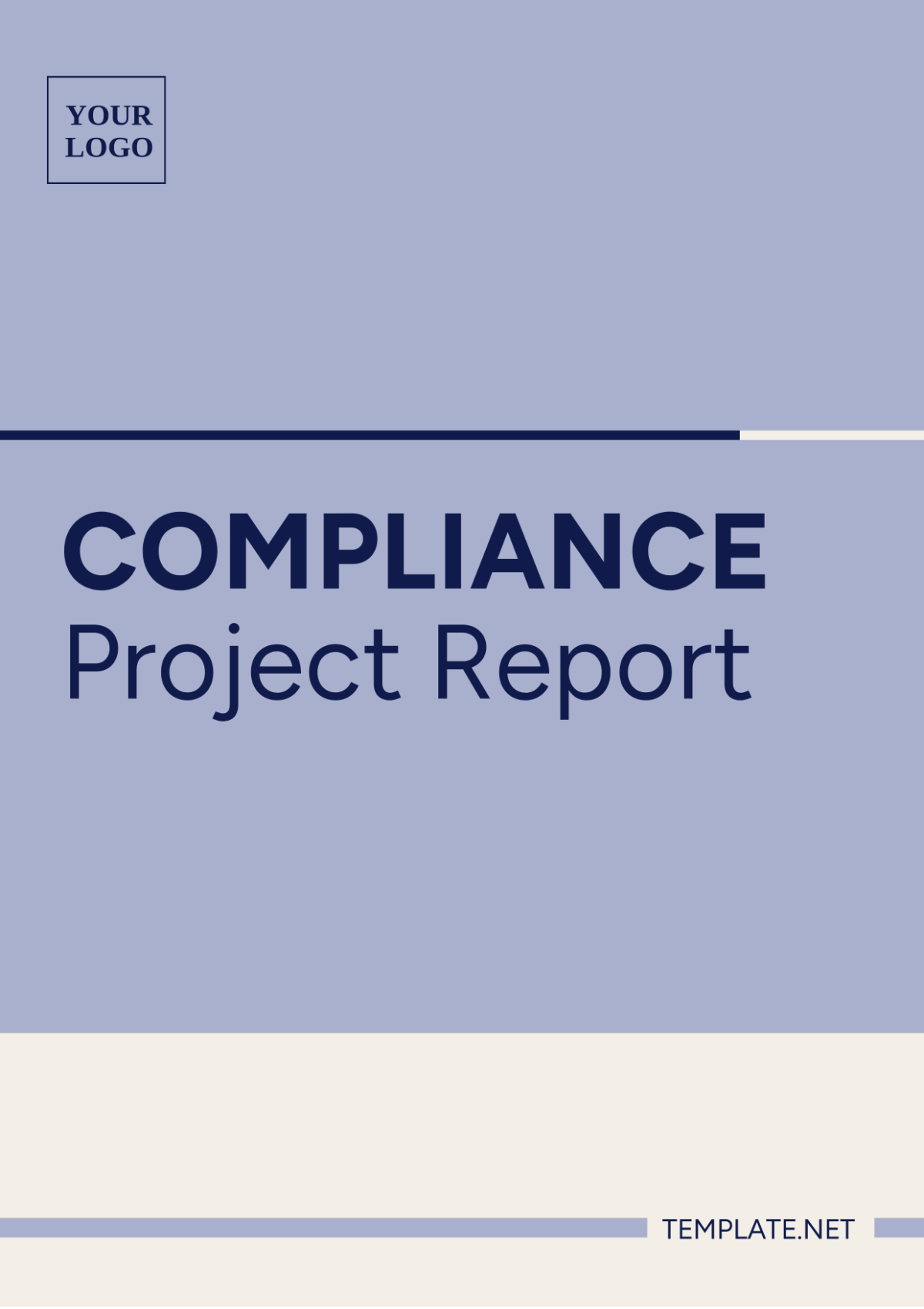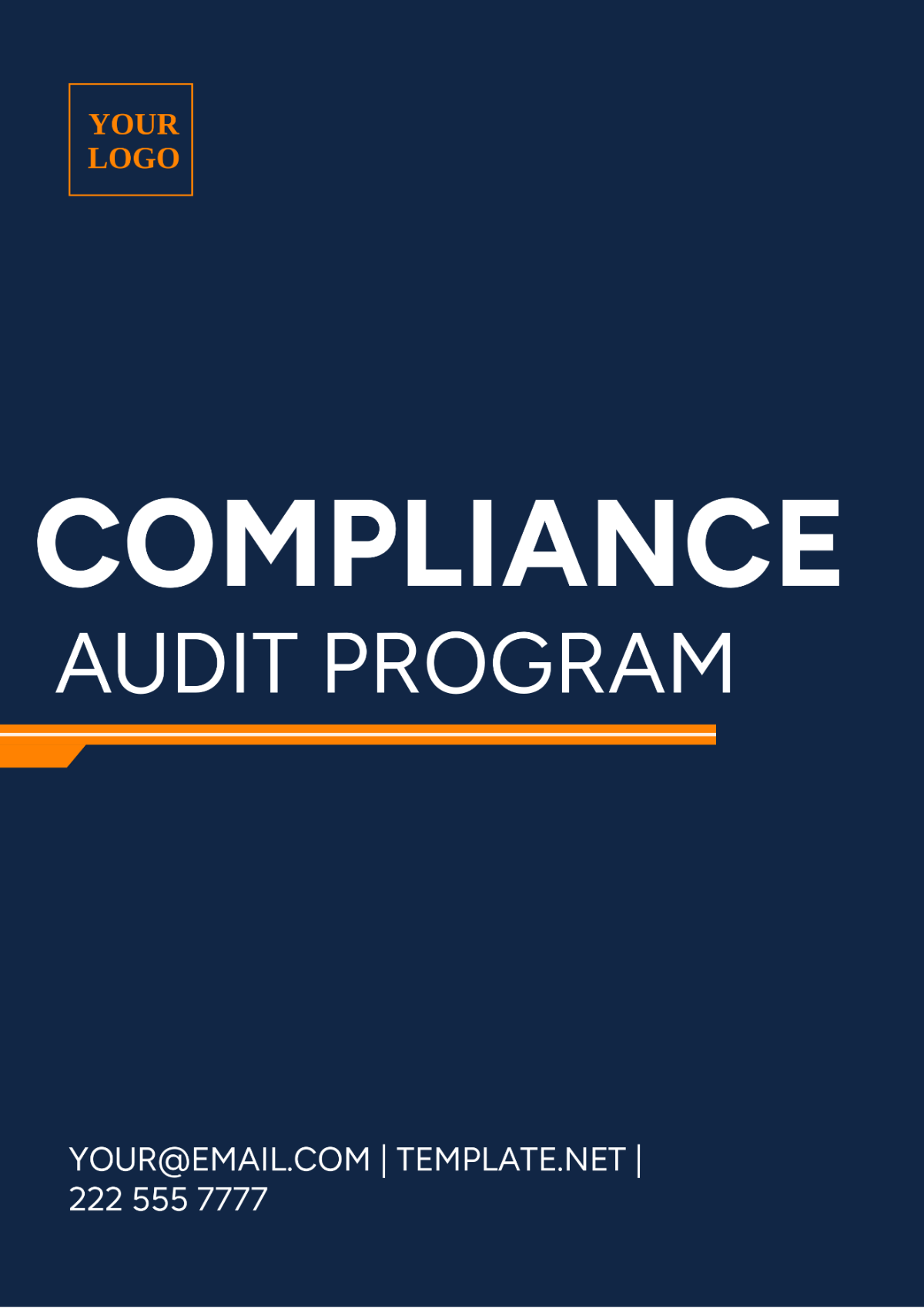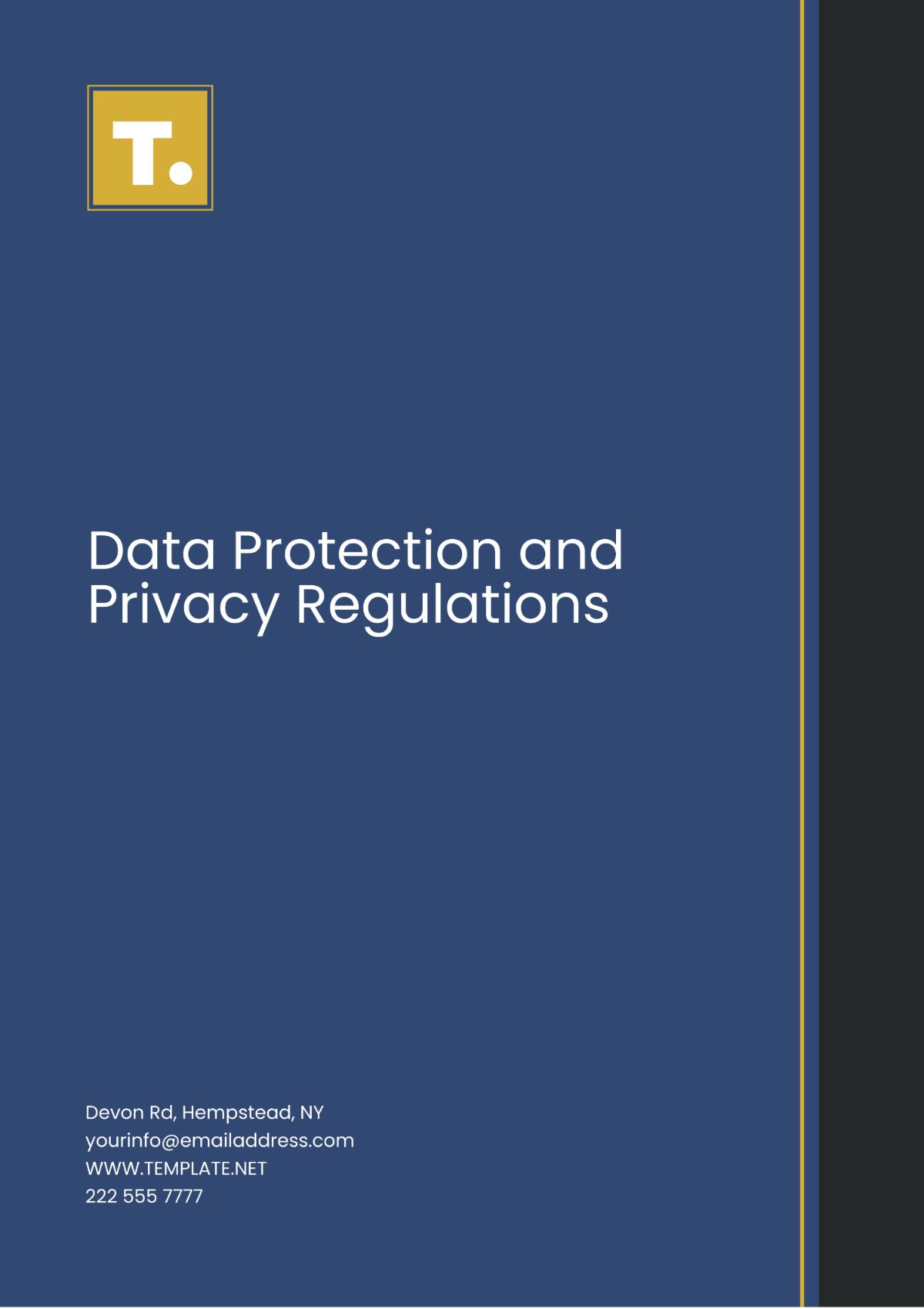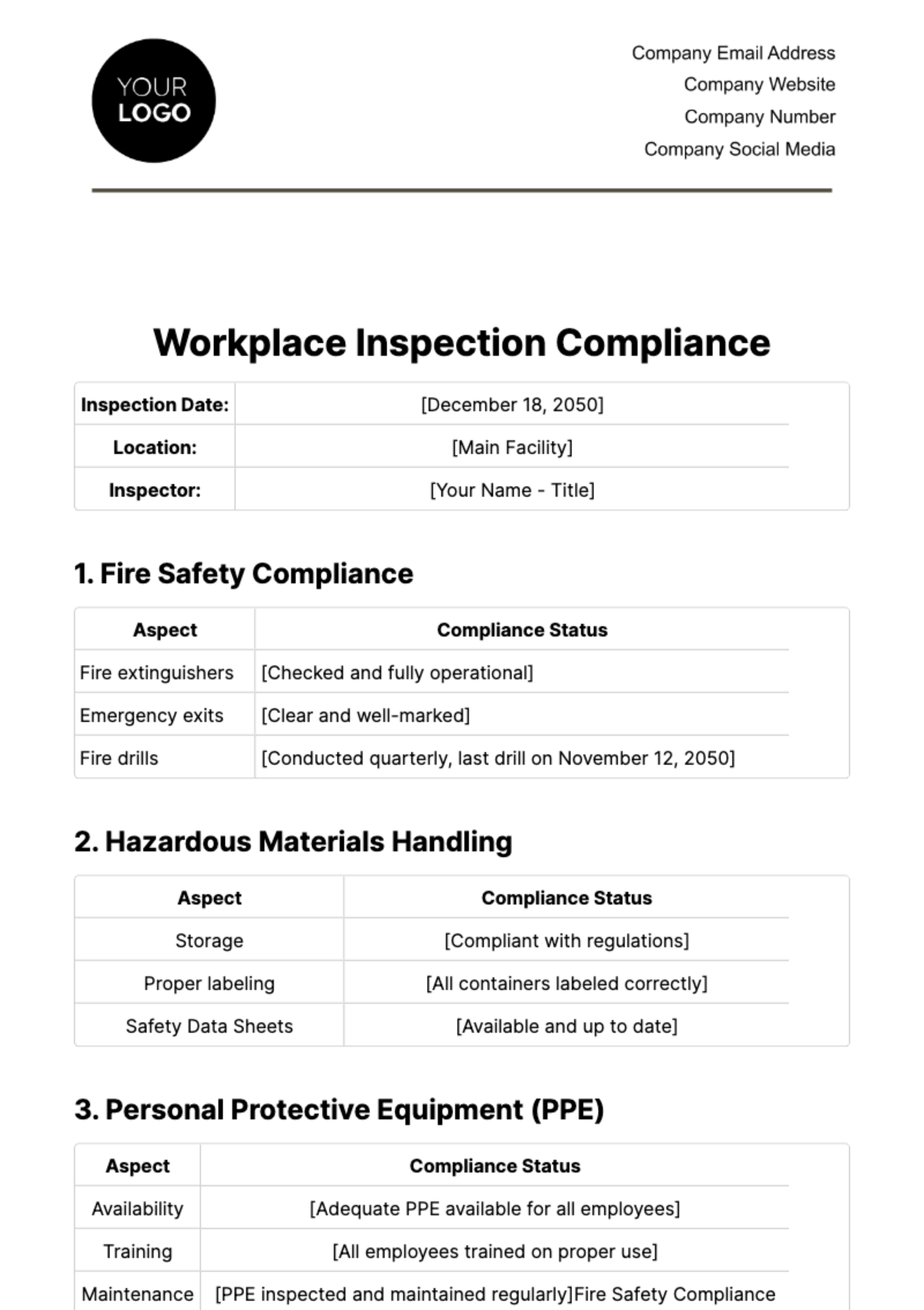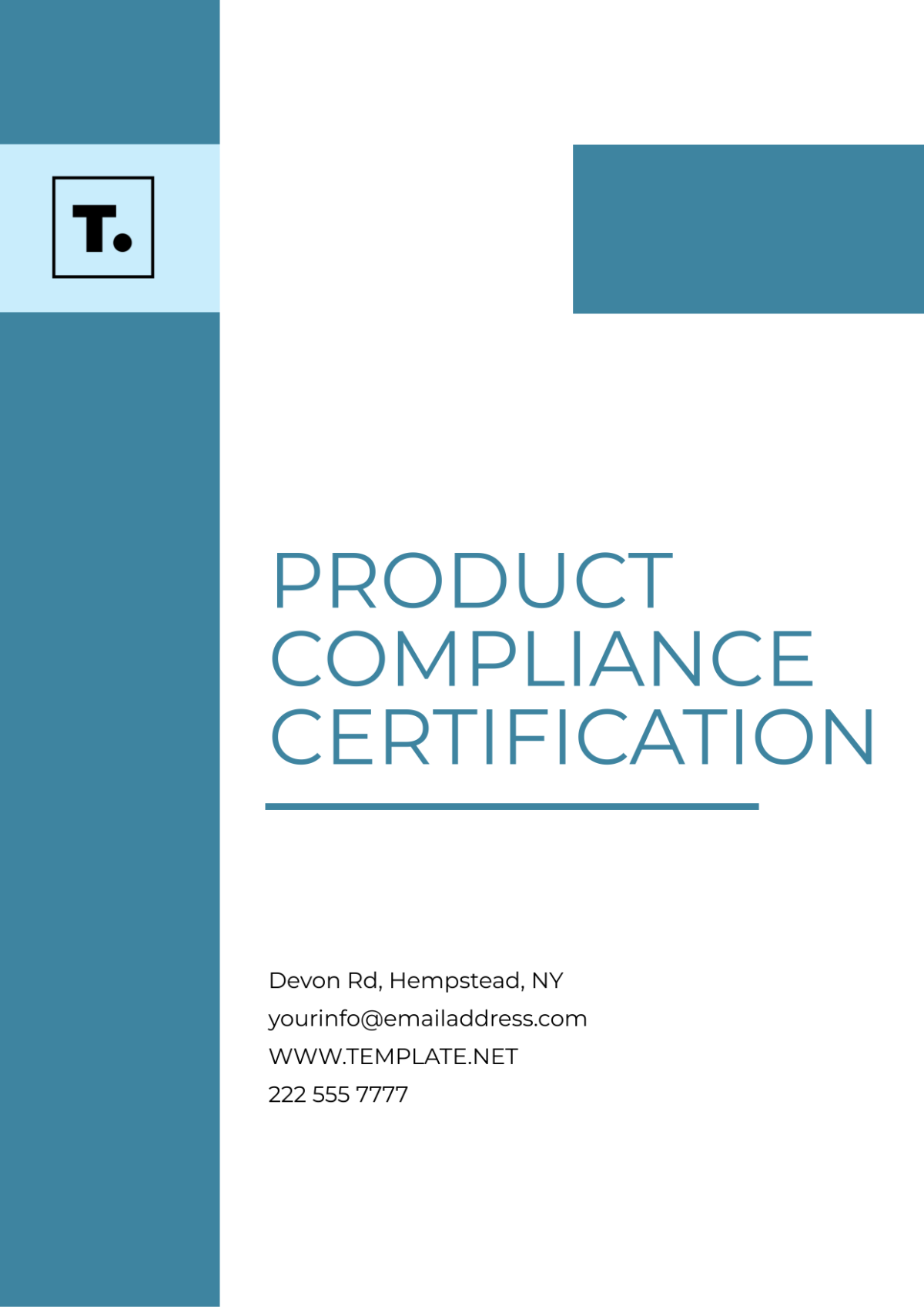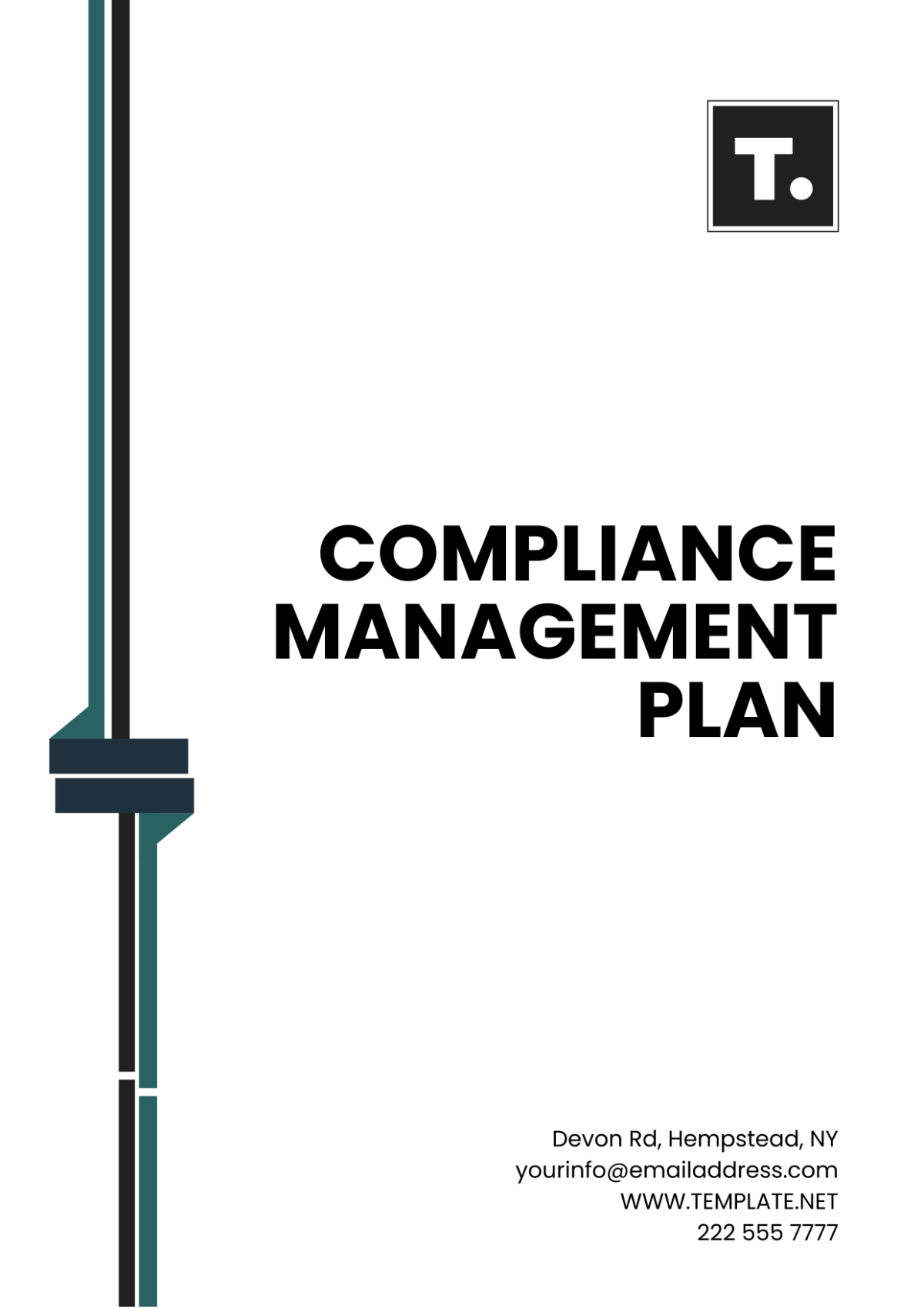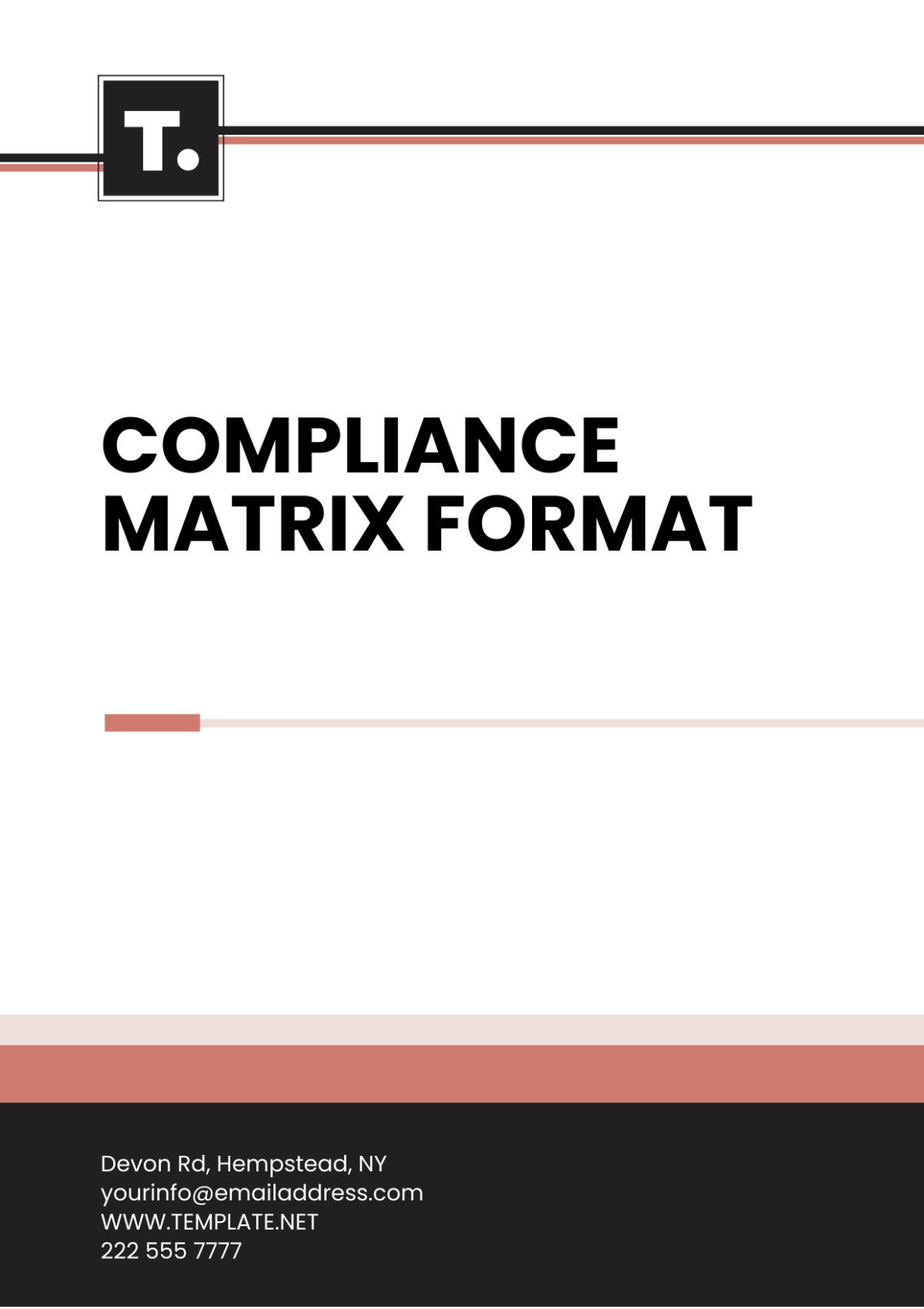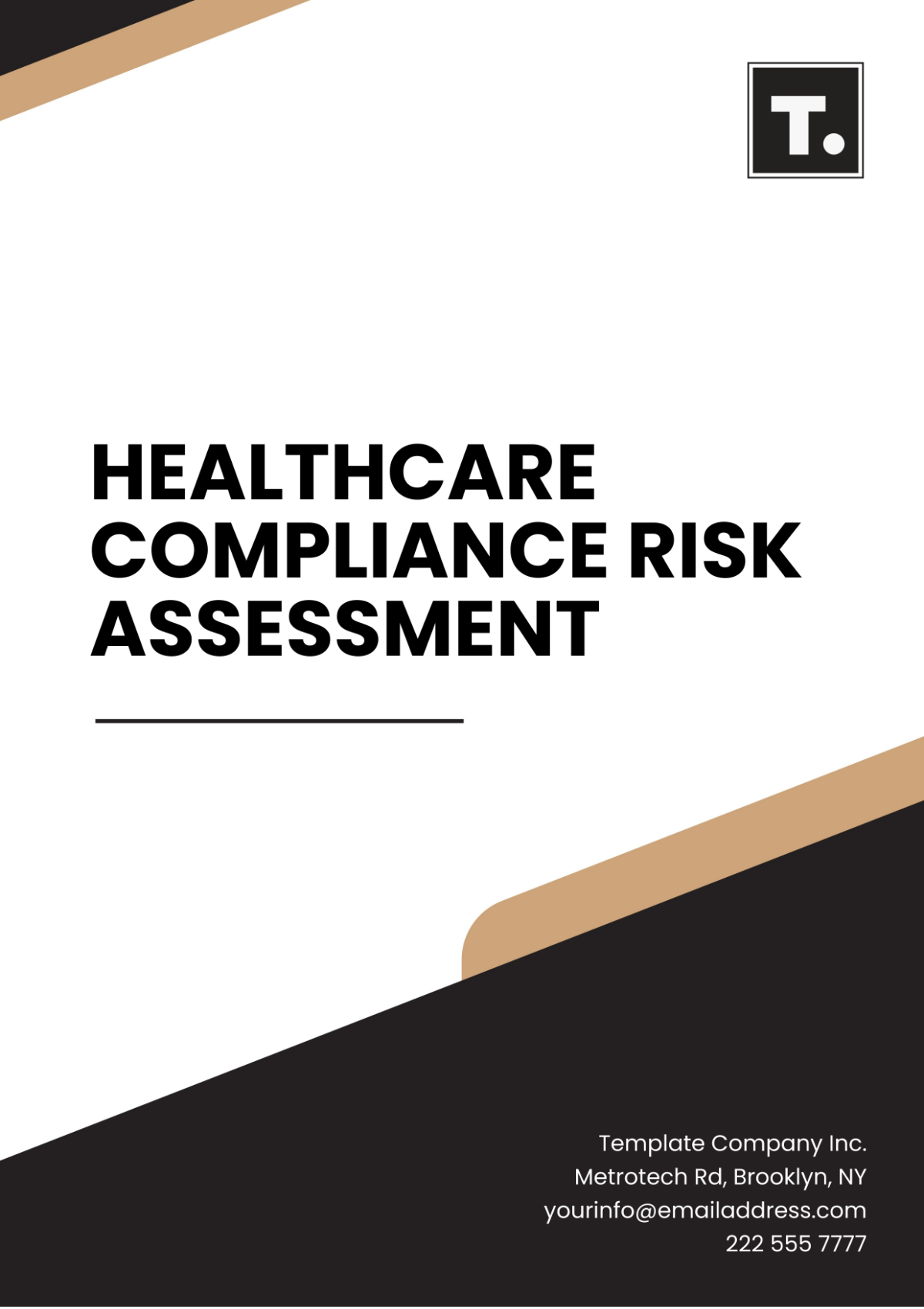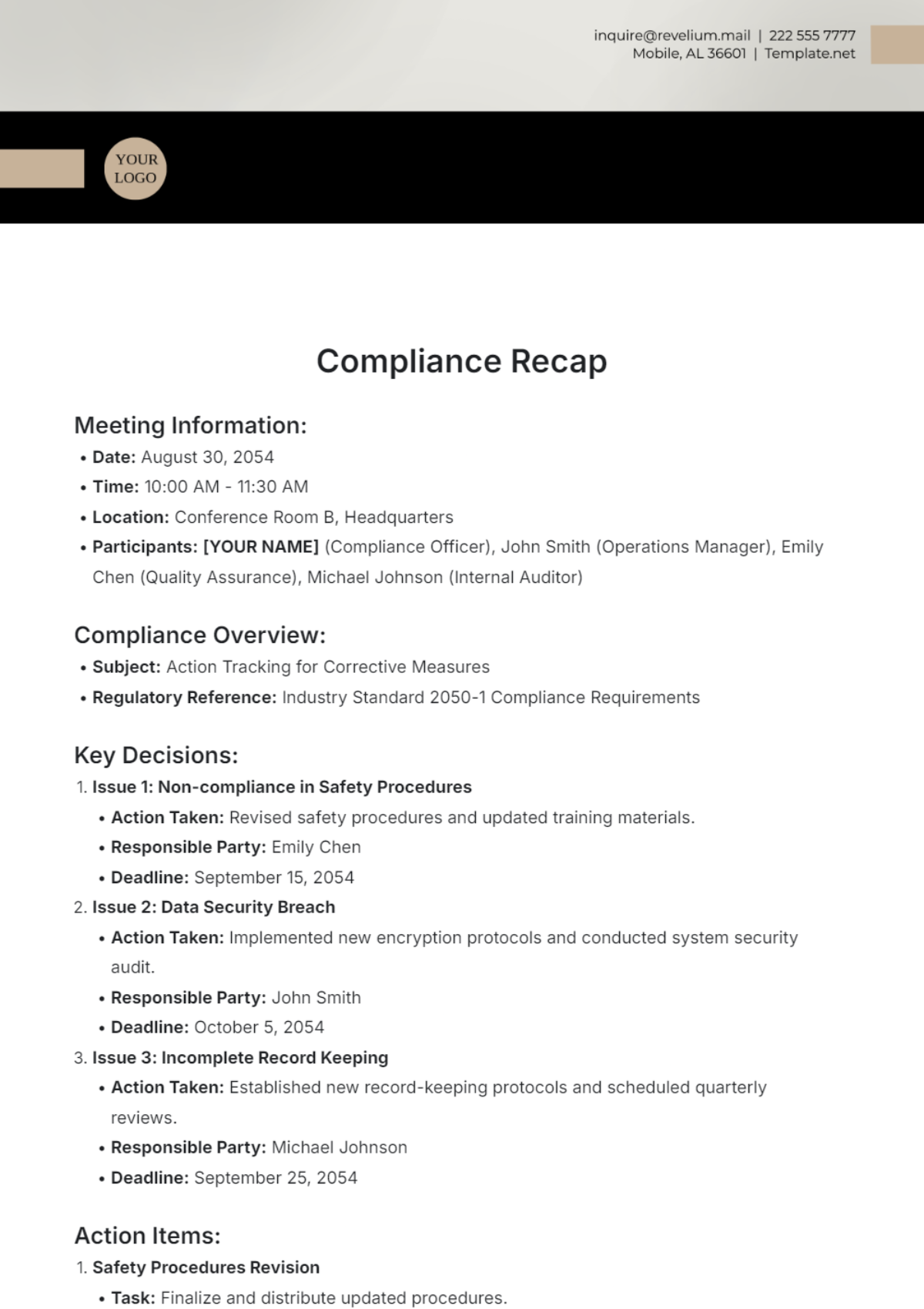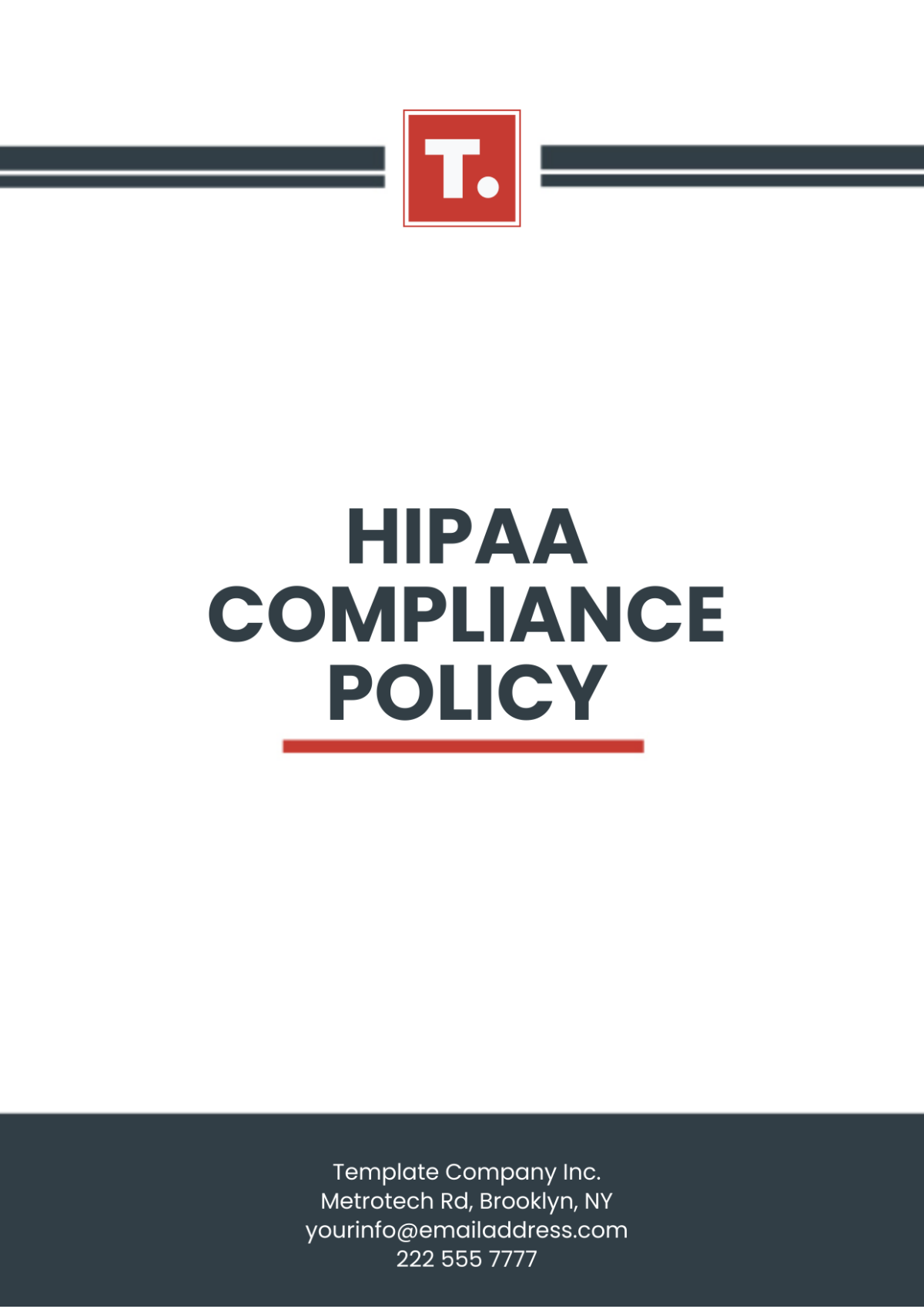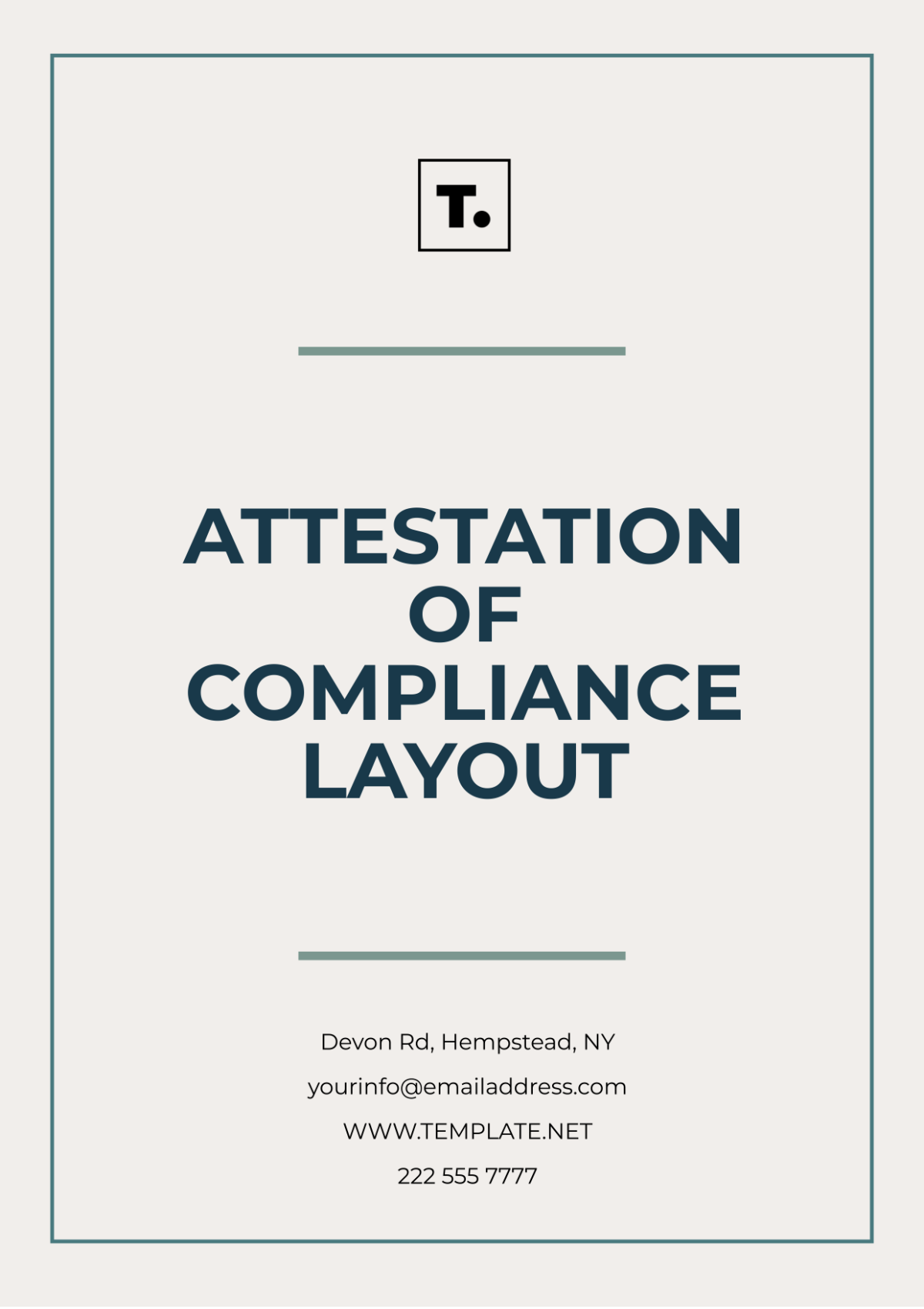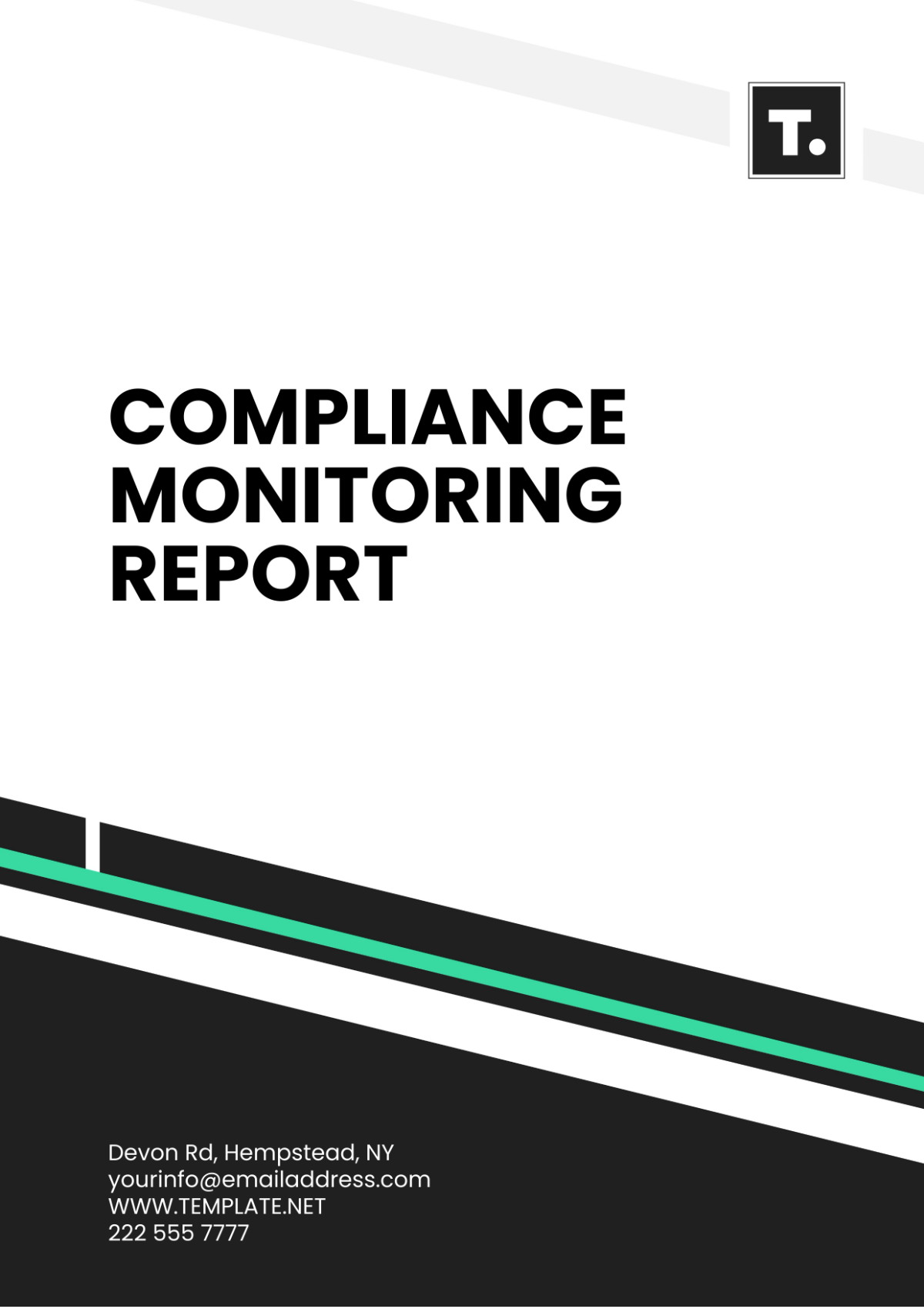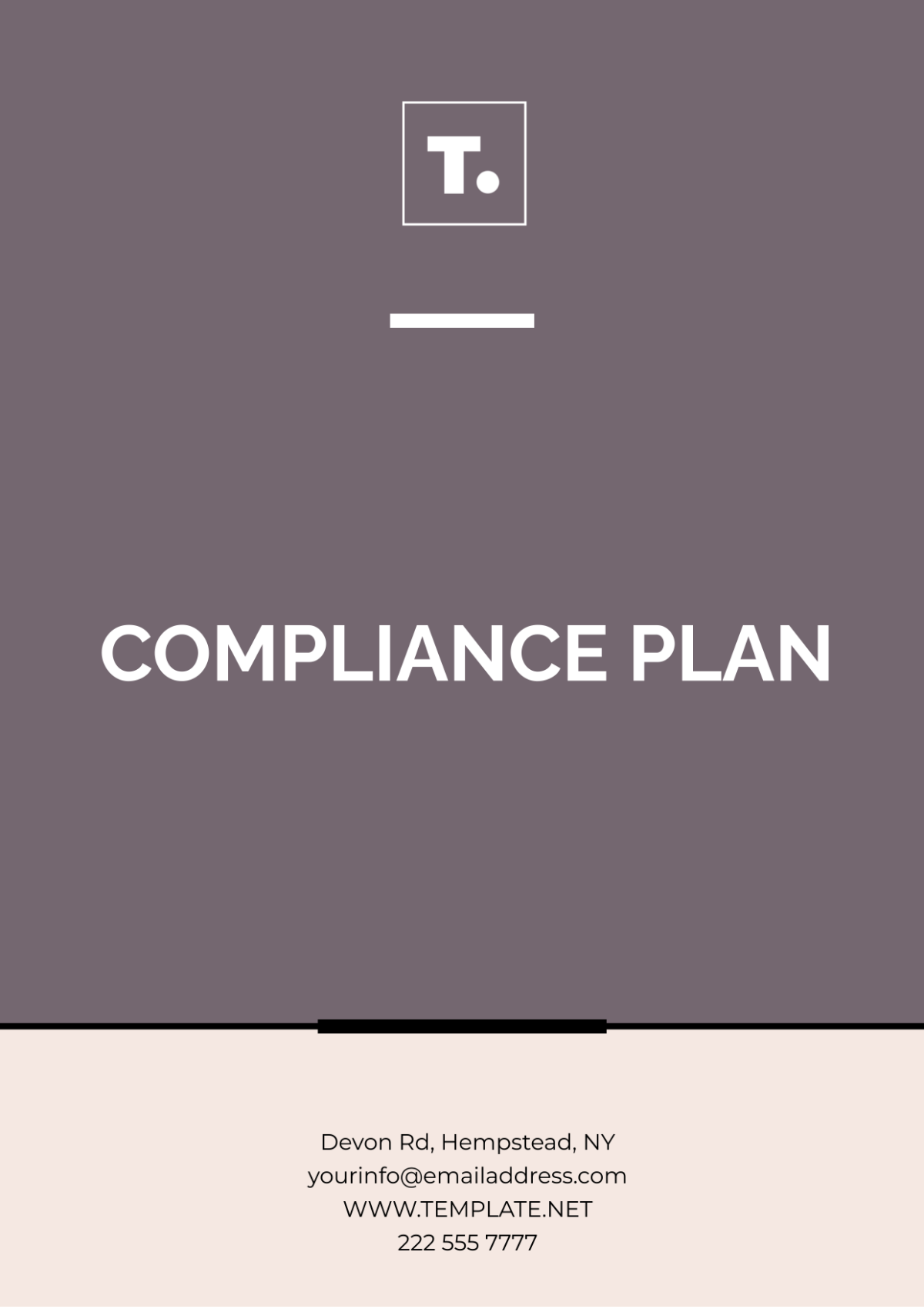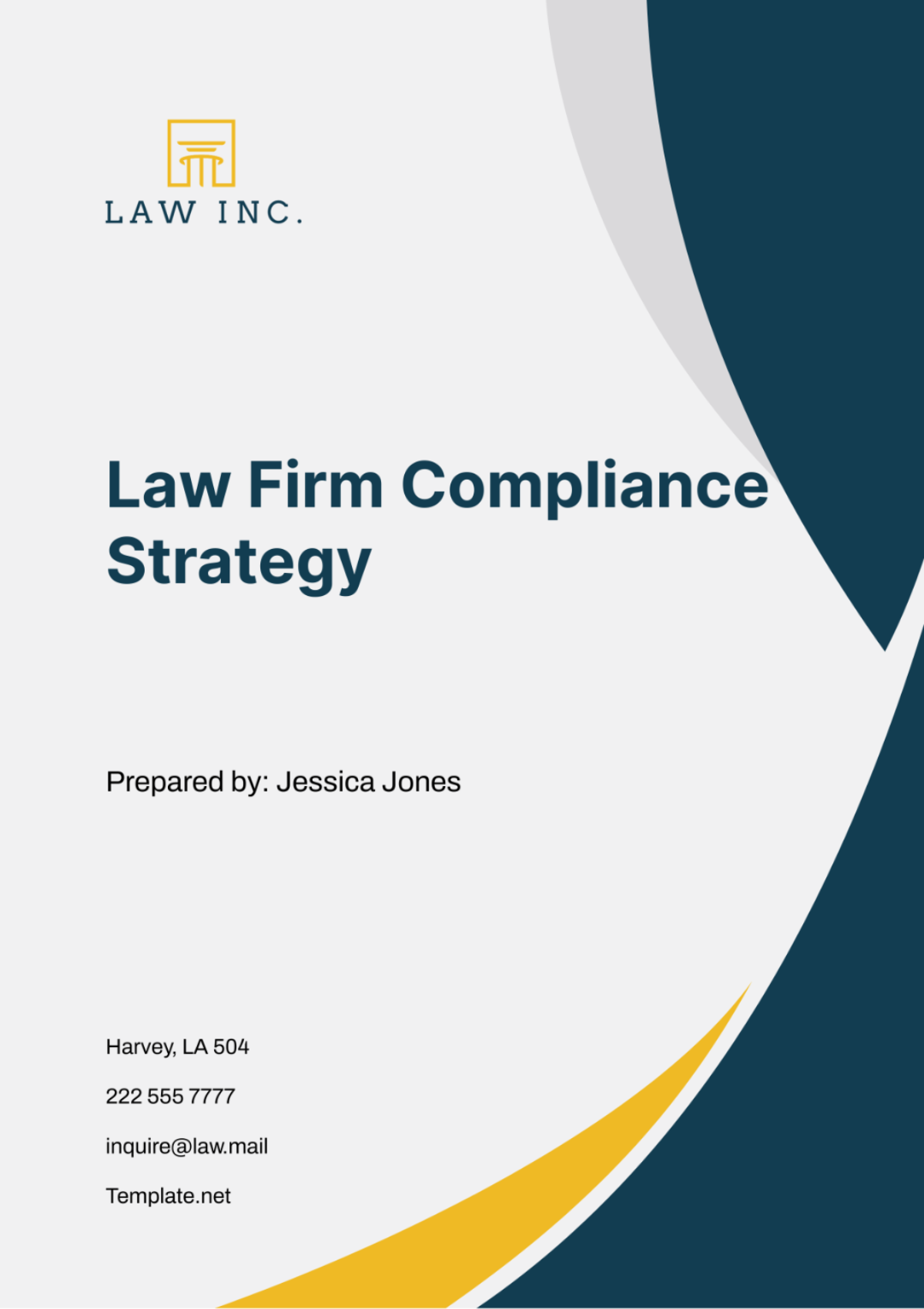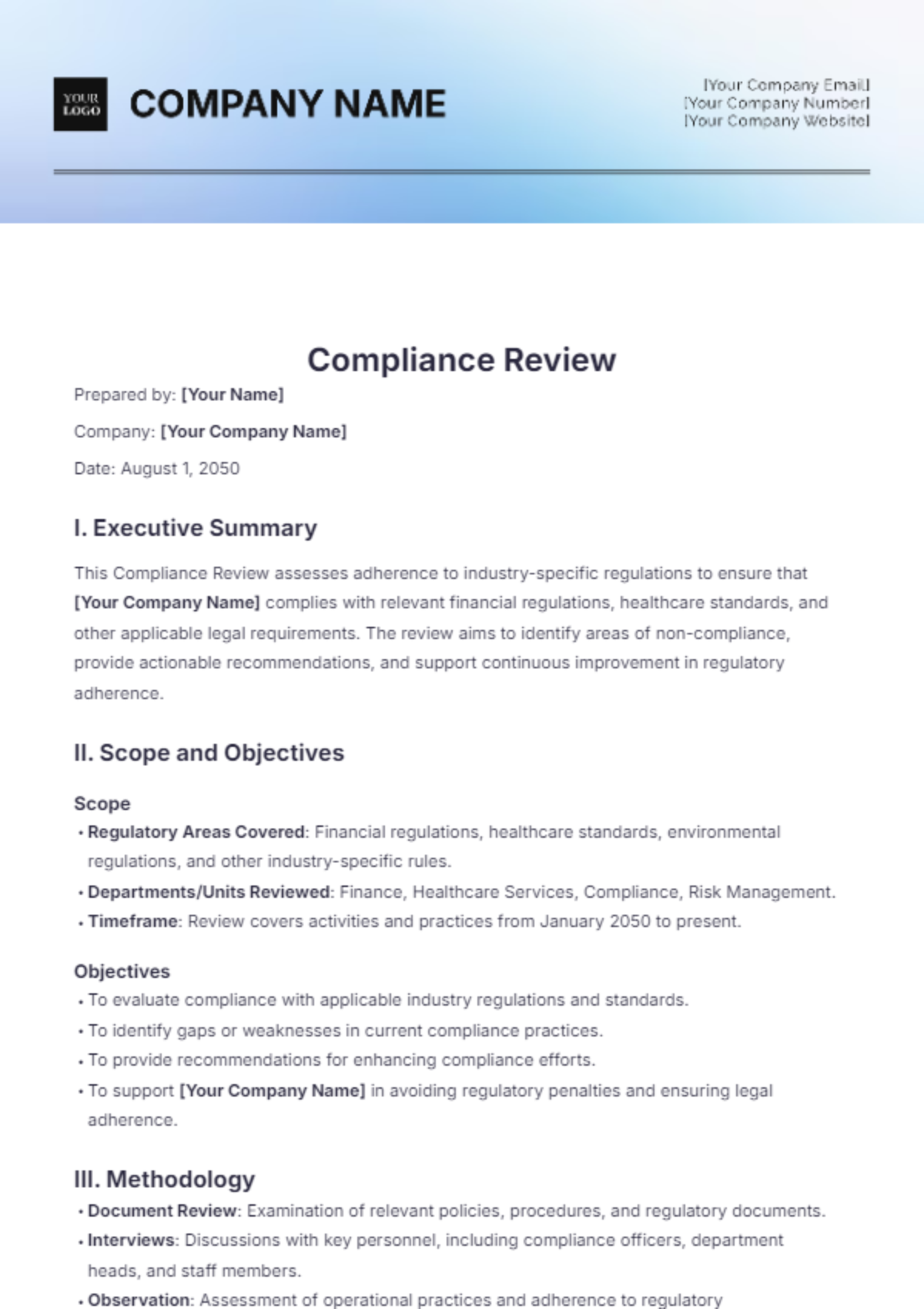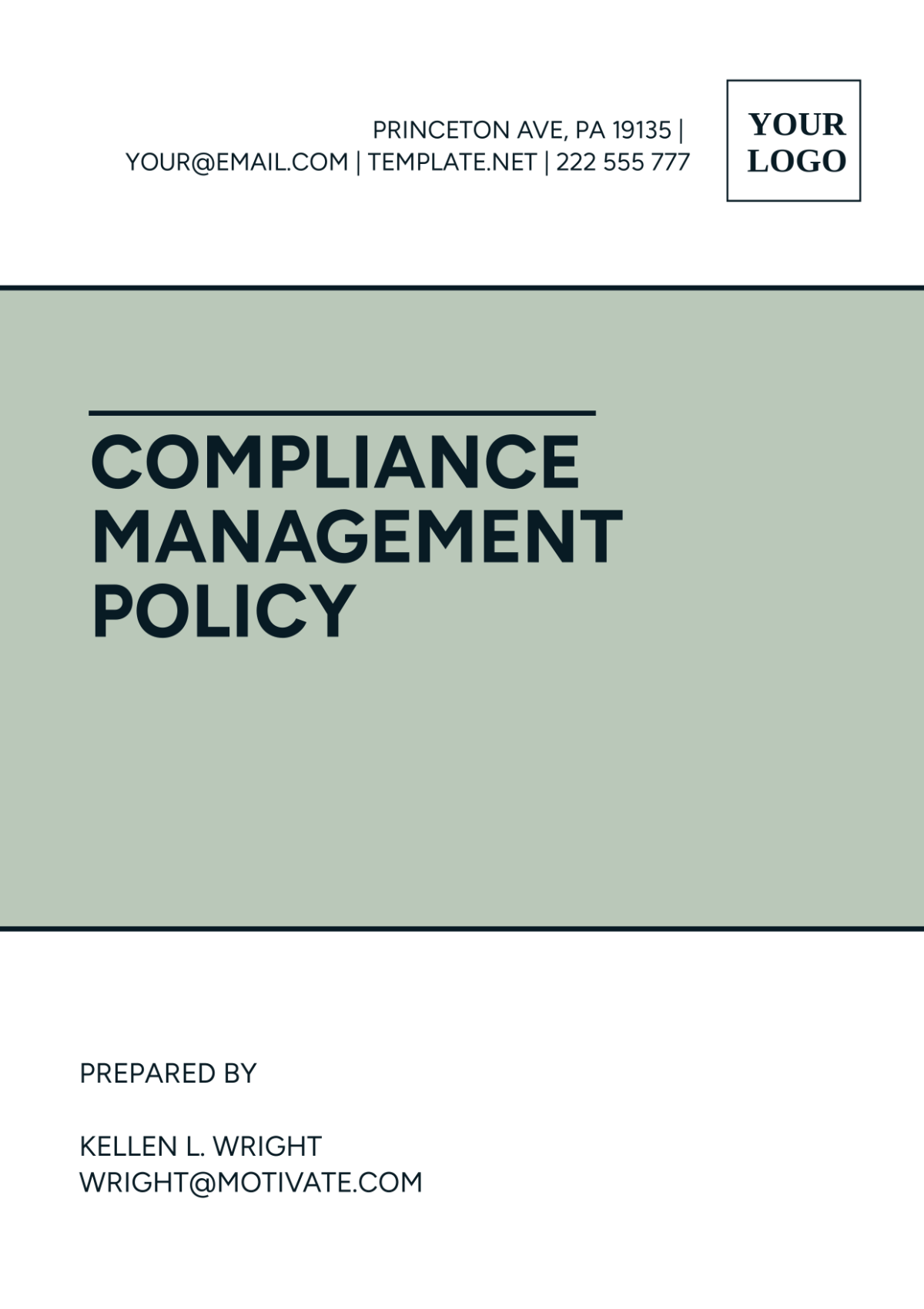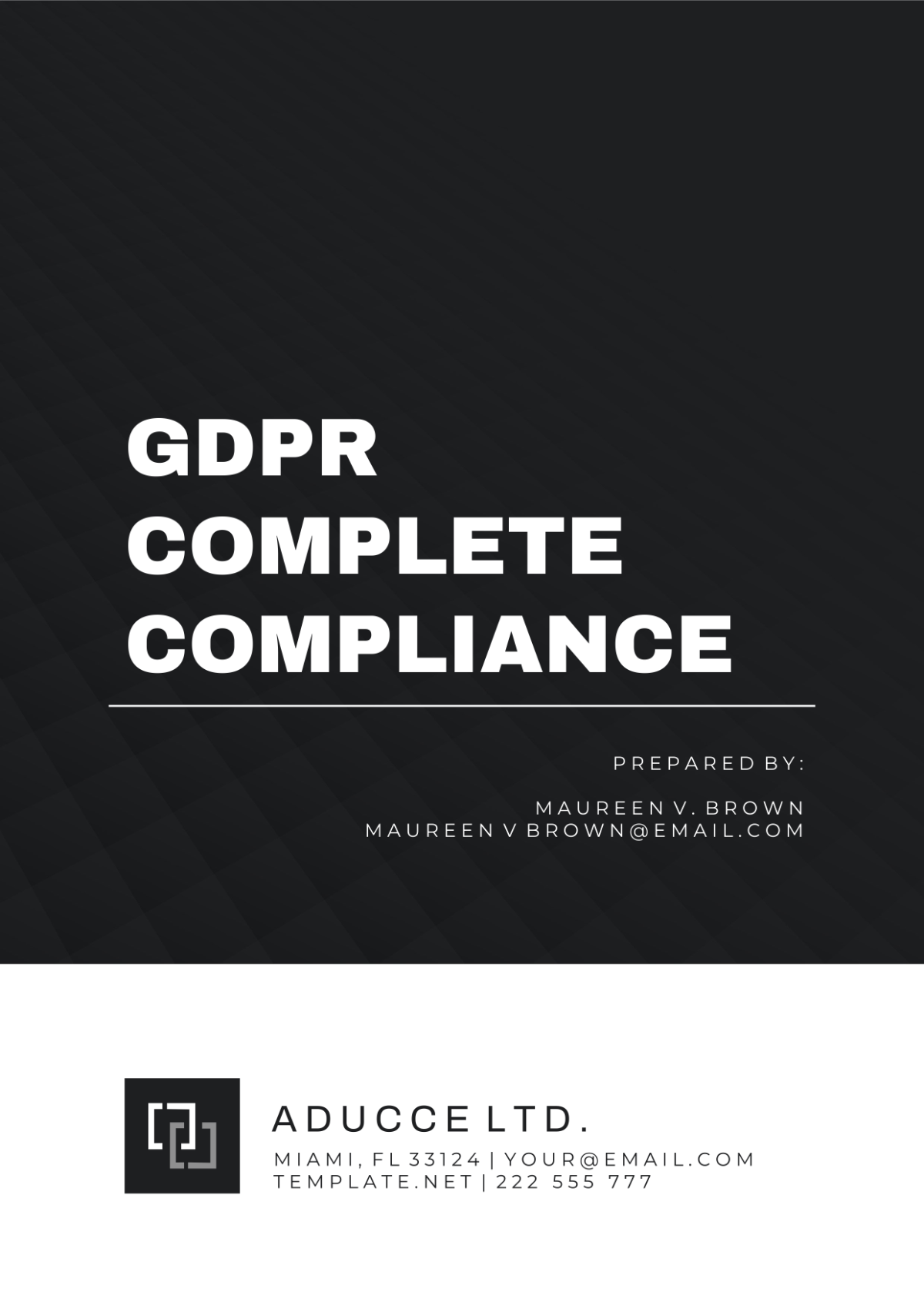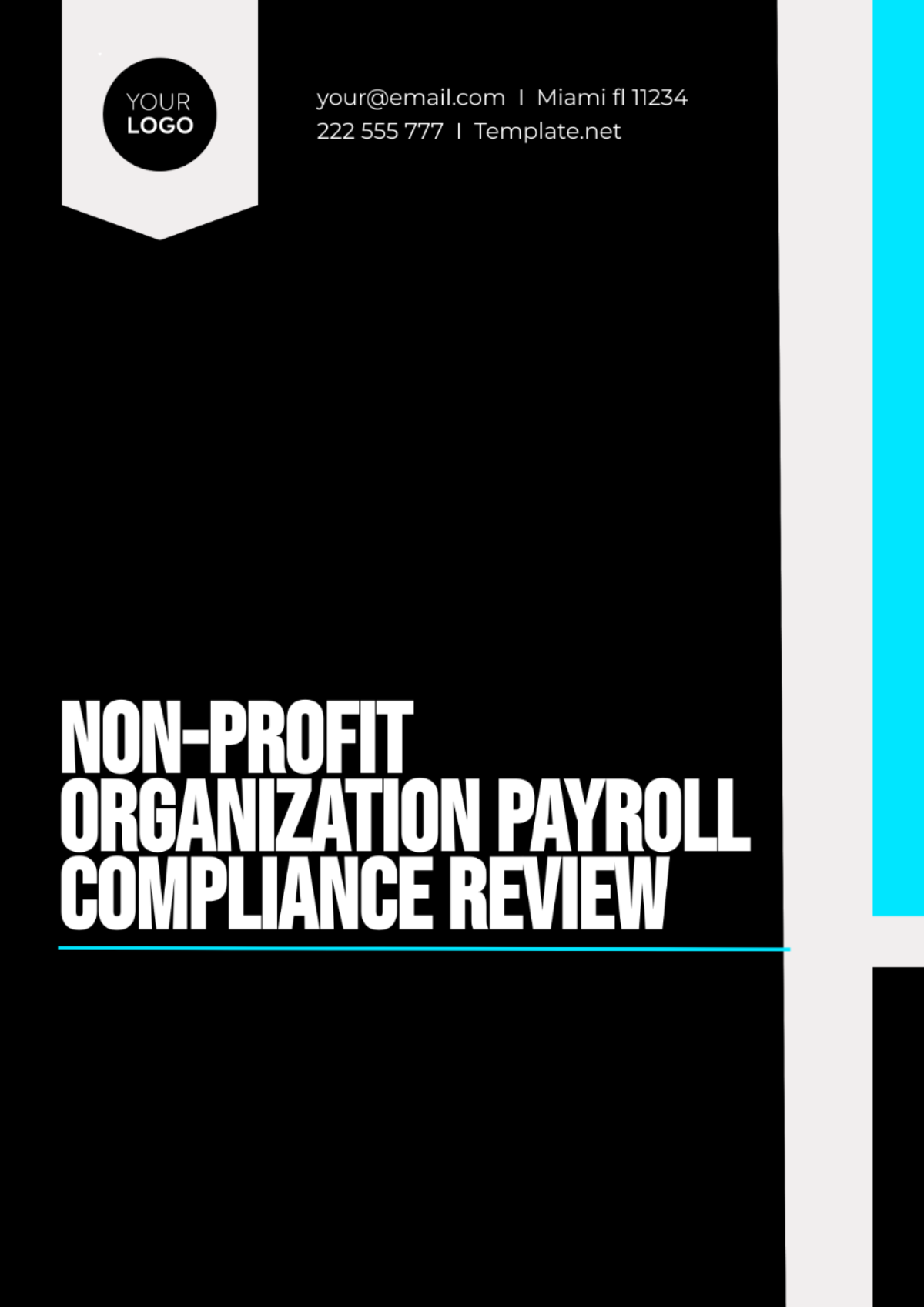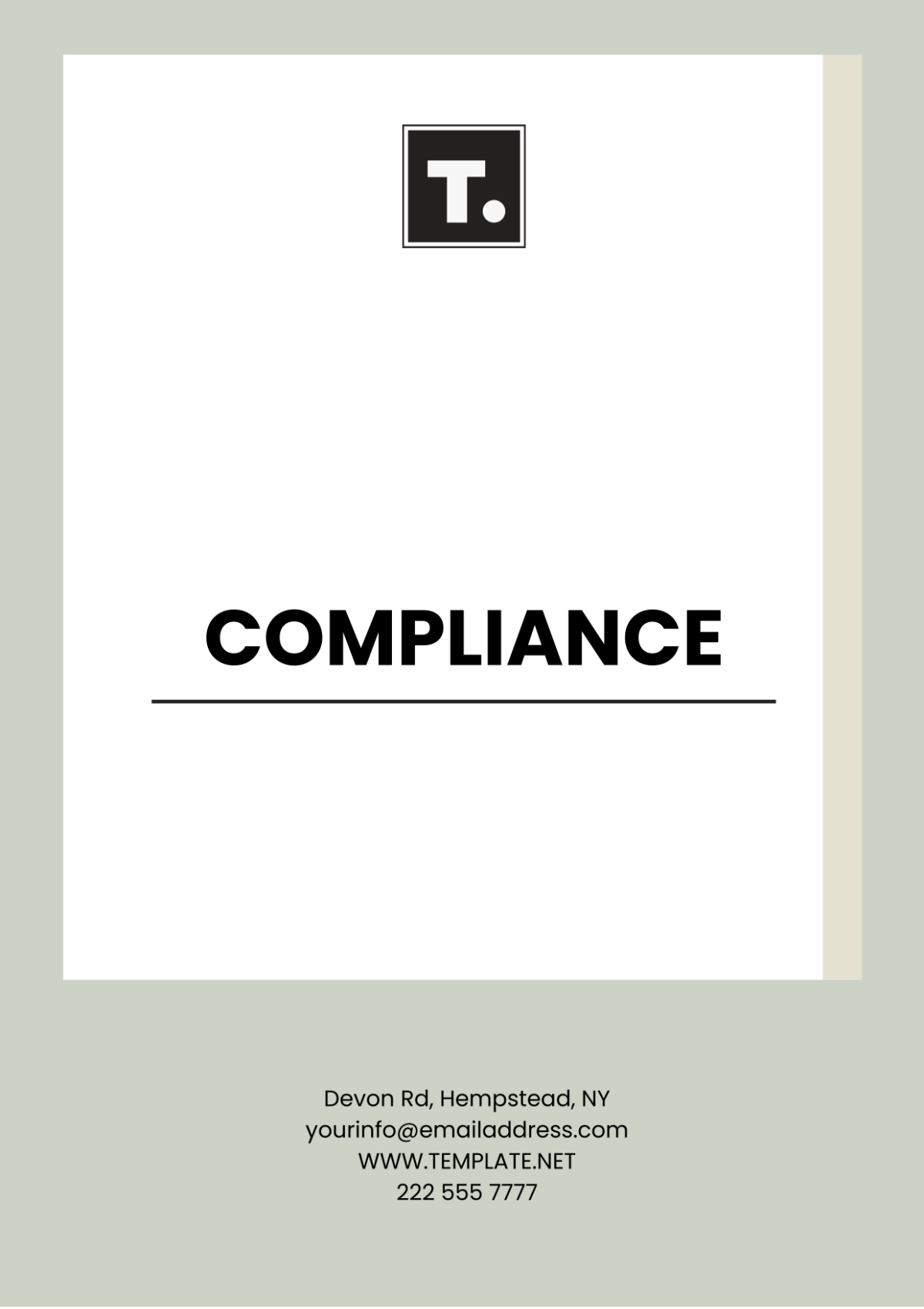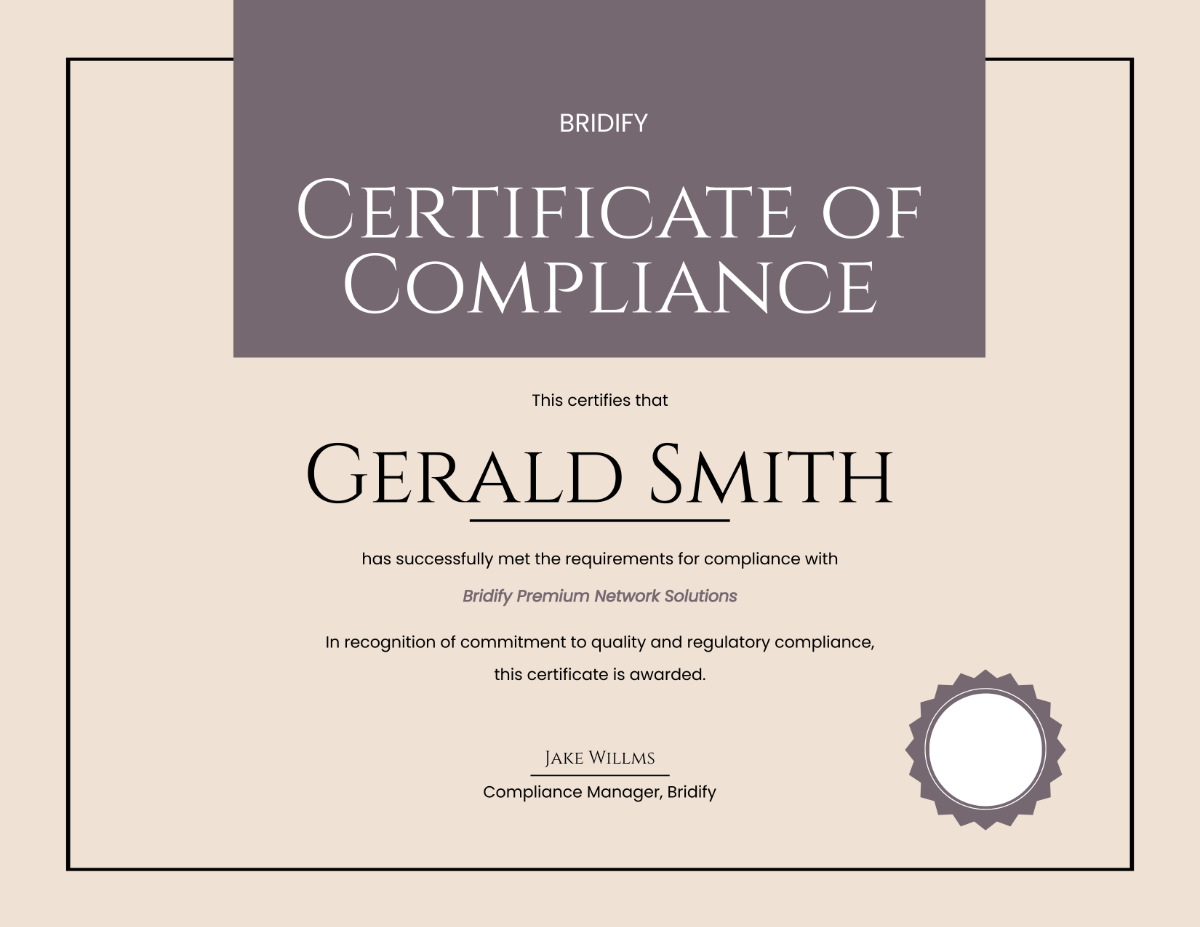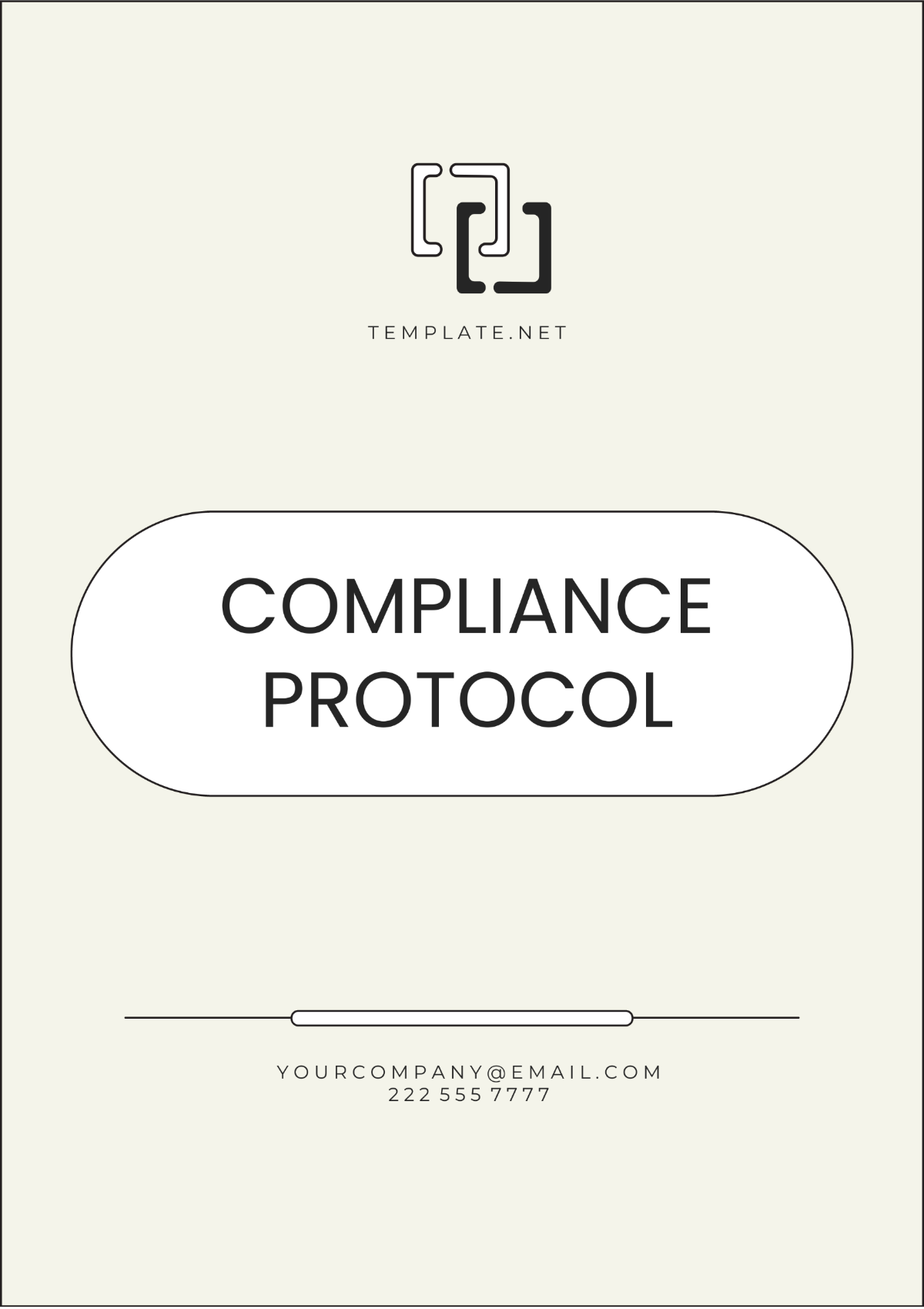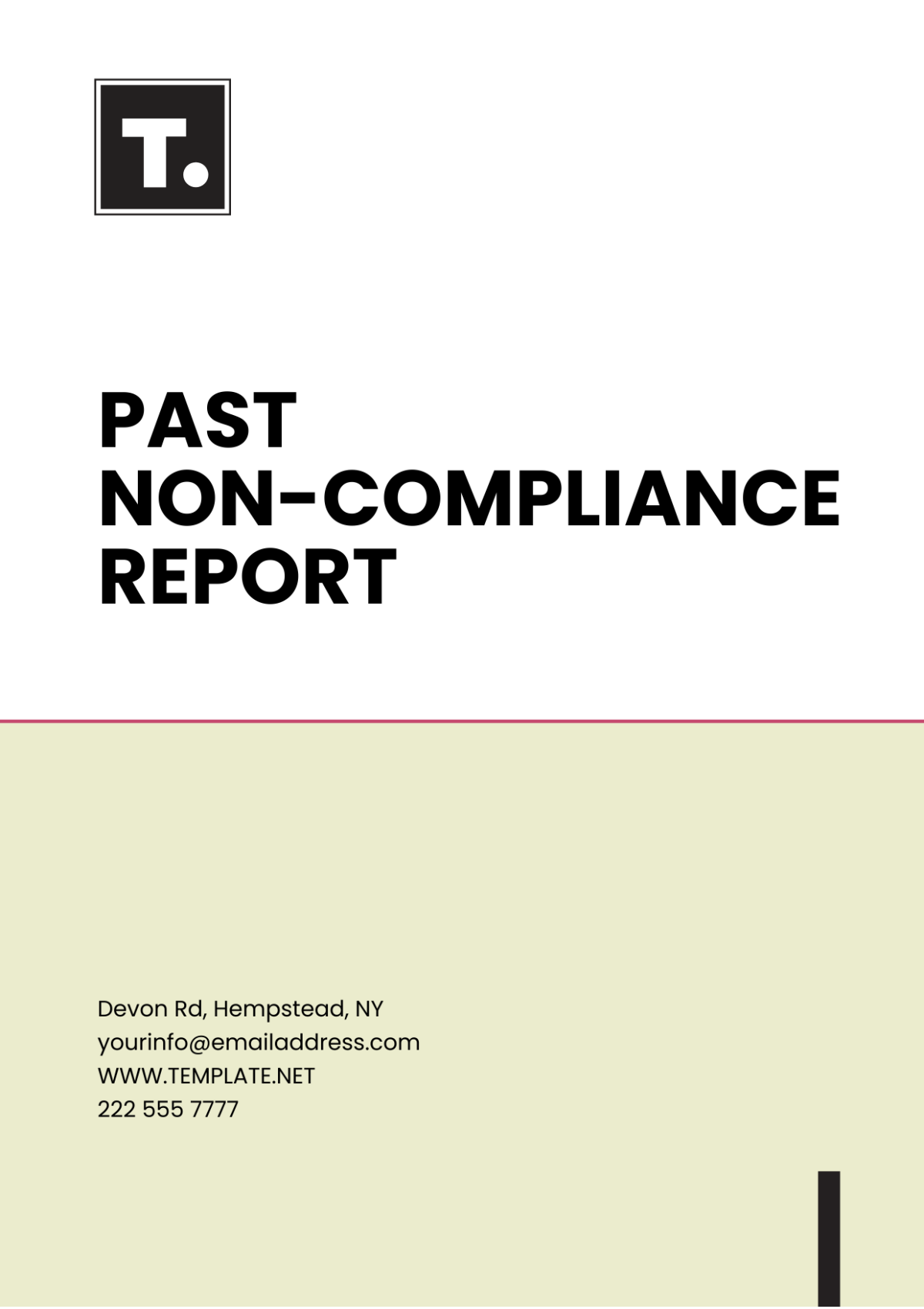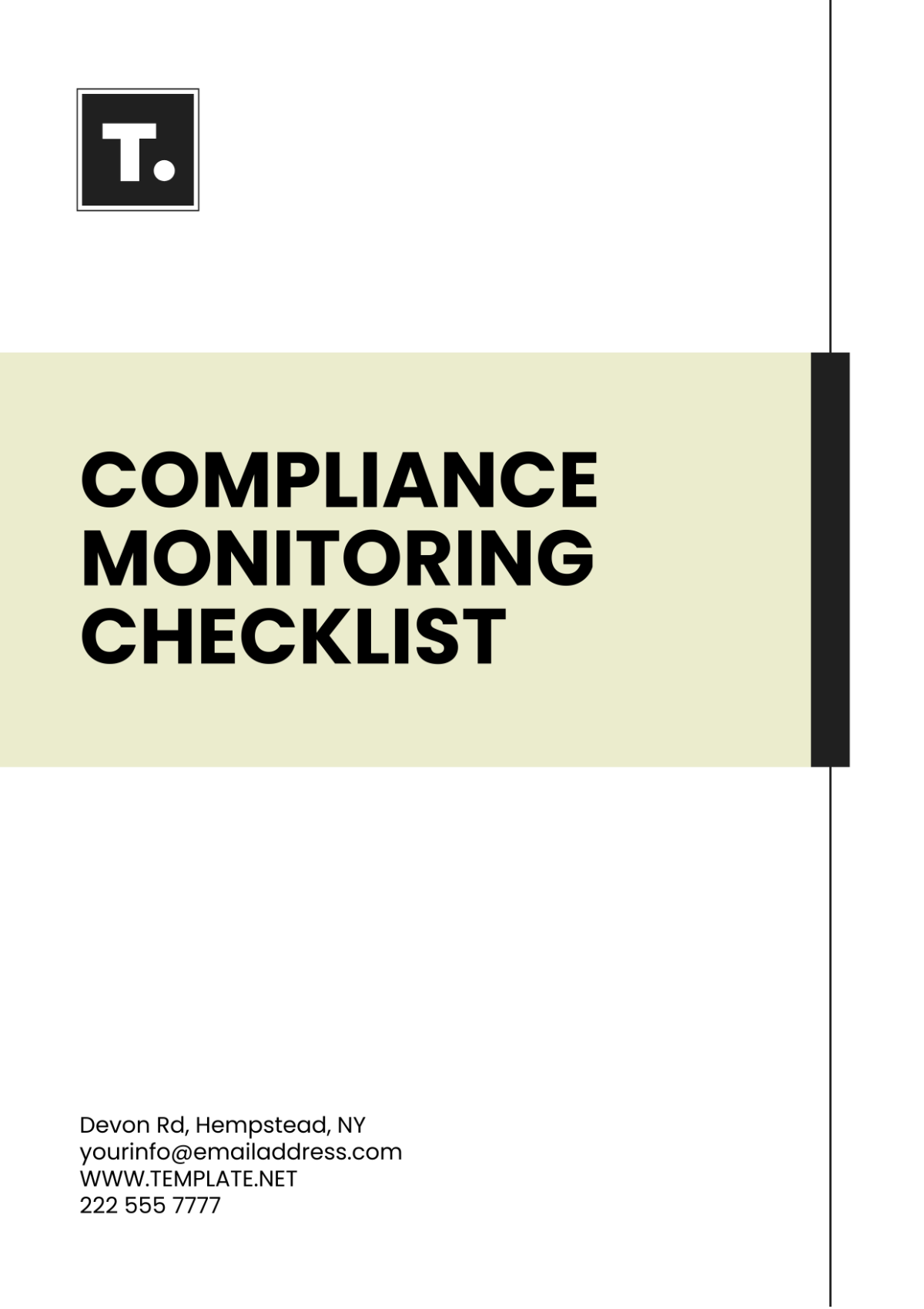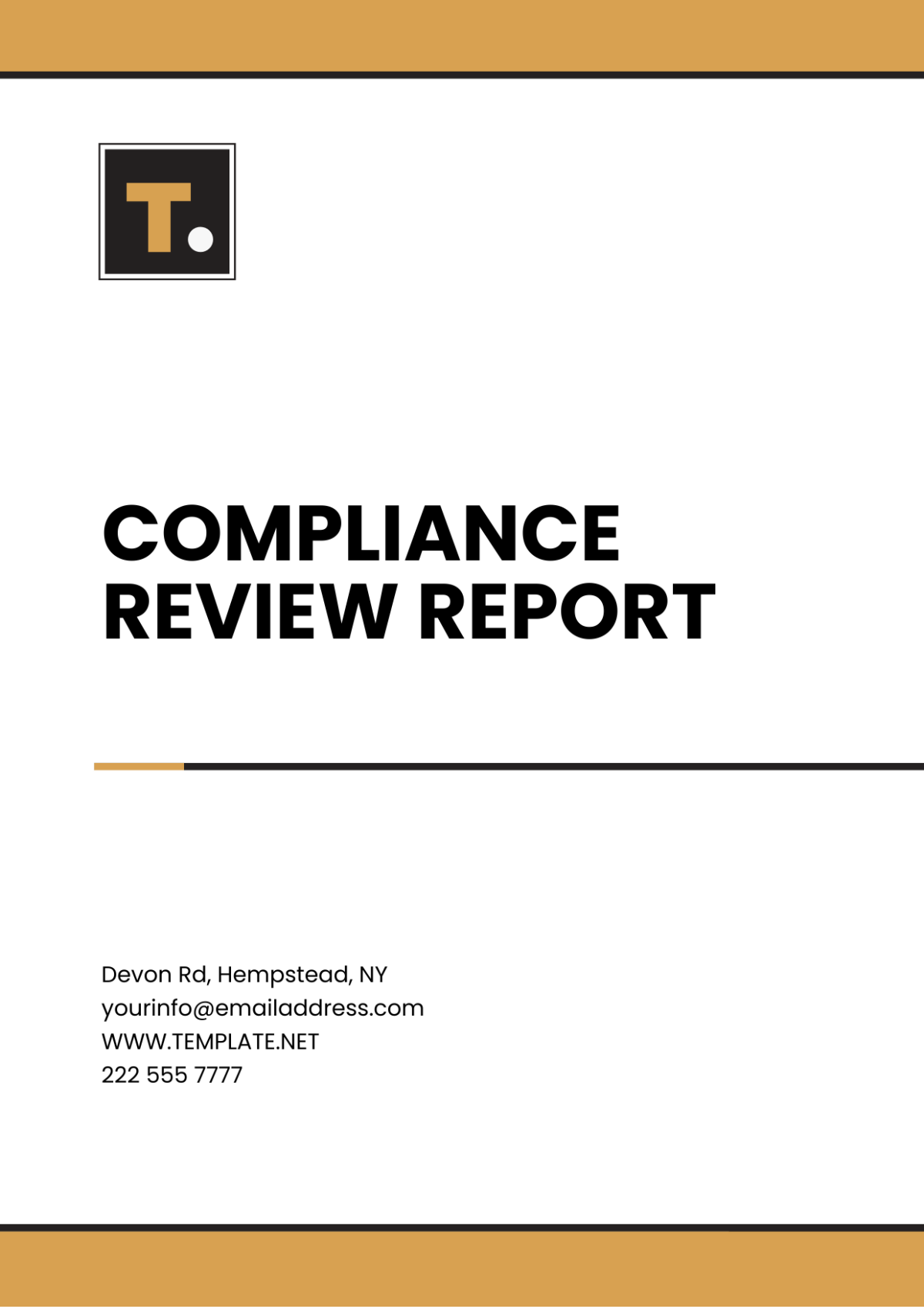Third-Party Compliance
Introduction
Ensuring third-party compliance is a crucial aspect of organizational governance. This document outlines the compliance requirements, procedures, and best practices that third parties must adhere to when engaging with [YOUR COMPANY NAME]. Our goal is to mitigate risks associated with external partnerships and ensure that all third-party activities align with our compliance standards.
Scope
This compliance document applies to all third parties that engage with our organization. This includes vendors, partners, contractors, and any other entities that provide goods, services, or support. The scope encompasses all interactions and transactions, whether they are direct or indirect, and covers all compliance-related aspects such as legal, regulatory, and ethical requirements.
Compliance Requirements
Third parties must adhere to the following compliance requirements:
Adhering to applicable laws and regulations.
Maintaining transparency in operations and communications.
Safeguarding confidential information and respecting privacy laws.
Following ethical business practices and avoiding conflicts of interest.
Implementing adequate security measures to protect data.
Providing accurate and timely reporting and documentation.
Due Diligence
Before engaging with third parties, due diligence must be conducted to ensure compliance capabilities. This includes:
Background checks and reputation assessments.
Review of financial stability and operational capabilities.
Verification of compliance with applicable laws and regulations.
Assessment of internal control mechanisms and governance practices.
Review of previous compliance incidents and resolutions.
Monitoring and Auditing
Continuous monitoring and periodic auditing of third-party activities are essential for ongoing compliance. The following steps should be taken:
Regular audits and assessments of third-party processes and documentation.
Ongoing monitoring of third-party activities and performance metrics.
Prompt investigation of compliance violations and incidents.
Maintaining open lines of communication for reporting and resolving issues.
Updating compliance requirements and guidelines as necessary.
Training and Awareness
It is vital that third parties receive adequate training and are aware of their compliance obligations. This includes:
Providing comprehensive compliance training programs.
Distributing regular updates and compliance bulletins.
Ensuring easy access to compliance resources and documentation.
Encouraging a culture of compliance and ethical behavior.
Penalties for Non-Compliance
Non-compliance with the outlined requirements may result in penalties, including but not limited to:
Termination of contracts and partnerships.
Legal actions and financial penalties.
Reputation damage and loss of business opportunities.
Mandatory corrective actions and compliance training.
References
ISO 37001: Anti-Bribery Management Systems.
GDPR: General Data Protection Regulation.
FCPA: Foreign Corrupt Practices Act.
Sarbanes-Oxley Act.
Organization’s Code of Conduct.
Appendices
Appendix A: Compliance Checklist
Requirement | Details | Status |
|---|---|---|
Legal Compliance | Adherence to all applicable laws and regulations |
|
Ethical Standards | Following ethical business practices |
|
Data Protection | Implementing robust data protection measures |
|
Transparency | Maintaining transparency in operations |
|
Appendix B: Contact Information
For further information or queries regarding third-party compliance, contact:
Compliance Officer: [YOUR NAME]
Email: [YOUR EMAIL]
